Description
Nomain
Nomian is a rural village located in the Reasi district of Jammu and Kashmir, India, with an estimated population of around 3,000-3,500 residents. A small yet culturally vibrant village which embodies the rhythm of traditional rural life. Tucked away from the pace of urbanization, it reflects a world where simplicity and community values guide daily living. The village, surrounded by greenery and hilly terrains, maintains a natural charm that immediately draws visitors into its quiet landscape. Life here is not merely about survival but about sustaining age-old traditions, ensuring that every aspect of the community—be it festivals, agriculture, or storytelling—carries a sense of continuity from one generation to the next.
The Name’s Essence
The village now known as Nomian was historically called “No Mai”, a name deeply rooted in its social fabric and traditional caste structure. The term “No Mai” comes from the Dogri words: “No” meaning nine, and“Mai” referring to a natural water source, such as a spring, stream, or well.This name symbolized the presence of nine major castes or communities in the village, each of which had its own dedicated water source. These were not merely physical divisions but carried deep social and ritualistic significance.
Water as a Symbol of Purity and Identity
In Indian tradition, especially in caste-based societies, water is closely linked to ritual purity. The act of sharing or not sharing water often symbolized one’s social status. Therefore, the separation of water sources in No Mai was both a practical solution and a symbolic marker of caste identity and boundaries.These sources were often considered sacred within each caste community, and some may still exist today — either in use or remembered in oral histories passed down by elders.Over the decades, with the influence of education, constitutional reforms, modernization, and inter-community interaction, the rigid caste-based separation of resources has greatly reduced or disappeared altogether. The name "No Mai" gradually evolved into “Nomian”, likely influenced by: Local pronunciation shifts And simplification over time.
Yet, the memory of “No Mai” lives on in the oral traditions of the villagers. Many elders still recall the past setup and take pride in their community’s unique history.
Livelihood and Economy of Nomain
The people of Nomain take pride in their roots, weaving together spirituality, livelihood, and social bonds into a collective identity that defines who they are. The village's economy is primarily based on agriculture, which remains the most prominent occupation and source of sustenance for almost every household. Fields of maize, wheat, and seasonal vegetables reflect the strong agricultural base that defines daily life. Alongside crop cultivation, livestock rearing is equally important—nearly every home in Nomain owns at least a cow or goat, ensuring a steady supply of milk and other dairy products that support both nutrition and income. In addition to farming, many locals are also engaged in driving commercial vehicles, contributing to the transport sector both within the region and beyond. This diversification of livelihoods not only sustains families but also connects the village to larger economic networks, ensuring that while Nomain remains rooted in tradition, it also participates in broader avenues of work.
Deva Maayi Temple: The Spiritual Heart of Nomain
The Deva Maayi Temple stands as the spiritual center of Nomain, revered by locals as a source of blessings and protection. More than a place of worship, it serves as a gathering space where villagers unite for prayers, rituals, and festivals. During special occasions, the temple fills with devotional songs, offerings, and collective celebrations that strengthen community bonds.
The temple is also closely tied to the Vaishno Devi pilgrimage. It is believed that the sacred journey is complete only when pilgrims first visit Kol Kandoli, then stop at Deva Maayi Temple in Nomain, before reaching the main Vaishno Devi shrine in Katra. This belief elevates the temple’s significance beyond the village, making it an important part of the region’s spiritual heritage. For the people of Nomain, Deva Maayi Temple is not just a shrine but a symbol of faith, identity, and pride.
Education in Nomain
Education in Nomain has made steady progress despite limited resources and a rural setting. The village has three government high schools and even a science laboratory, which provide students with basic facilities for learning. However, there is no college, so higher education requires traveling outside the village. The schools, though modest in infrastructure, are rich in human effort, with teachers often acting as mentors who instill discipline and values along with academics. Parents and elders strongly encourage education, recognizing it as a path to opportunity, even if children must balance school with household or farm duties. This determination reflects the community’s growing belief that education is not only about literacy but also about empowering the next generation to step confidently into the wider world.
Language and Culture
Nomain reflects the traditional rural lifestyle of Jammu, blending agriculture, faith, and growing ties to trade and mobility. The primary language spoken is Dogri, recognized under the Eighth Schedule of the Indian Constitution. More than just communication, Dogri carries the village’s rich oral traditions, folk songs, and proverbs. Cultural life here is rooted in hospitality, respect for elders, and collective celebrations. Festivals and weddings are marked by folk music, Kud dance, and traditional Dogri attire, all of which express the community’s pride in their Dogra identity. Through language, customs, and rituals passed down through generations, the people of Nomain preserve a cultural heritage that remains central to their way of life.
Social Organization and Caste Dynamics
In earlier times, caste-based segregation was a common feature across rural India, especially in terms of daily life and resource usage. In No Mai, each caste maintained a separate water source — either a spring, well, or small stream — for drinking, washing, and ritual purposes. This arrangement ensured both: Avoidance of intermixing, in line with prevailing caste norms, and Community autonomy, where each group took responsibility for maintaining and preserving its own resource.This system not only reflects the hierarchical structure of the society at that time but also shows a form of environmental and community management tailored to the socio-cultural beliefs of the era.
Role of Women in Nomain
Women in Nomain play a crucial part in sustaining both households and the wider community. They work alongside men in the fields, manage livestock, and contribute through weaving, cooking, and other traditional skills. Nearly every family depends on their efforts for farming and dairy production, as most homes own a cow or goat. In addition, some women are also involved in small-scale economic activities such as providing dabba services, preparing home-cooked meals for workers and students who travel outside the village. Beyond labor and income, women also preserve oral traditions—folk songs, rituals, and storytelling—that pass cultural values to the younger generation. Their resilience and multitasking make them the backbone of village life, balancing daily responsibilities with economic contributions while upholding Nomain’s cultural identity.
Tourism in Nomain
The best time to visit Nomain is during the spring (March to May) and autumn (September to November) seasons. During these months, the weather is pleasant, the fields are vibrant with crops, and the village atmosphere is at its liveliest. Summers tend to be warm and winters quite cold, which can make travel less comfortable, so mid-season visits are generally recommended.
The main tourist attraction of Nomain is the Deva Maayi Temple, a revered shrine that holds both religious and cultural importance. As stated before, it is widely believed that to complete the sacred Vaishno Devi pilgrimage, devotees must first visit Kol Kandoli, then the Deva Maayi Temple in Nomain, and finally the main Vaishno Devi shrine in Katra. This belief places Nomain firmly on the pilgrimage map and makes the temple an essential stop for many visitors. Beyond its spiritual significance, the temple also offers insight into local traditions, rituals, and the strong sense of community that defines the village.
In terms of accommodation, while Nomain itself does not have hotels or guesthouses, nearby places like Katra and Reasi have a wide range of accommodation options, which are close by and offer a range of facilities, including budget lodges, guesthouses, dharamshalas, and mid-range hotels. From these locations, Nomain is easily accessible by local transport or private vehicles, making it possible for visitors to enjoy a day in the village and return to more developed lodging options at night. This arrangement allows tourists to experience Nomain’s rural authenticity while still having access to comfortable accommodation nearby.
Photos
Videos
Location Map
Contact Information
| Address |
Nomain, near Domel Road, Katra Jammu and Kashmir 182301 |
| Phone Number |
8082812818 |
| Website | "https://www.ndtv.com/tools/pincodes/jammu-kashmir/udhampur/nomain-bo" |
Reviews (3)


A truly peaceful place with natural beauty all around. Warm-hearted people and a very calming atmosphere made the visit memorable.

Tranquillity found! This village is a haven of calm, with lush greenery and warm locals making it a perfect retreat from the chaos of city life.

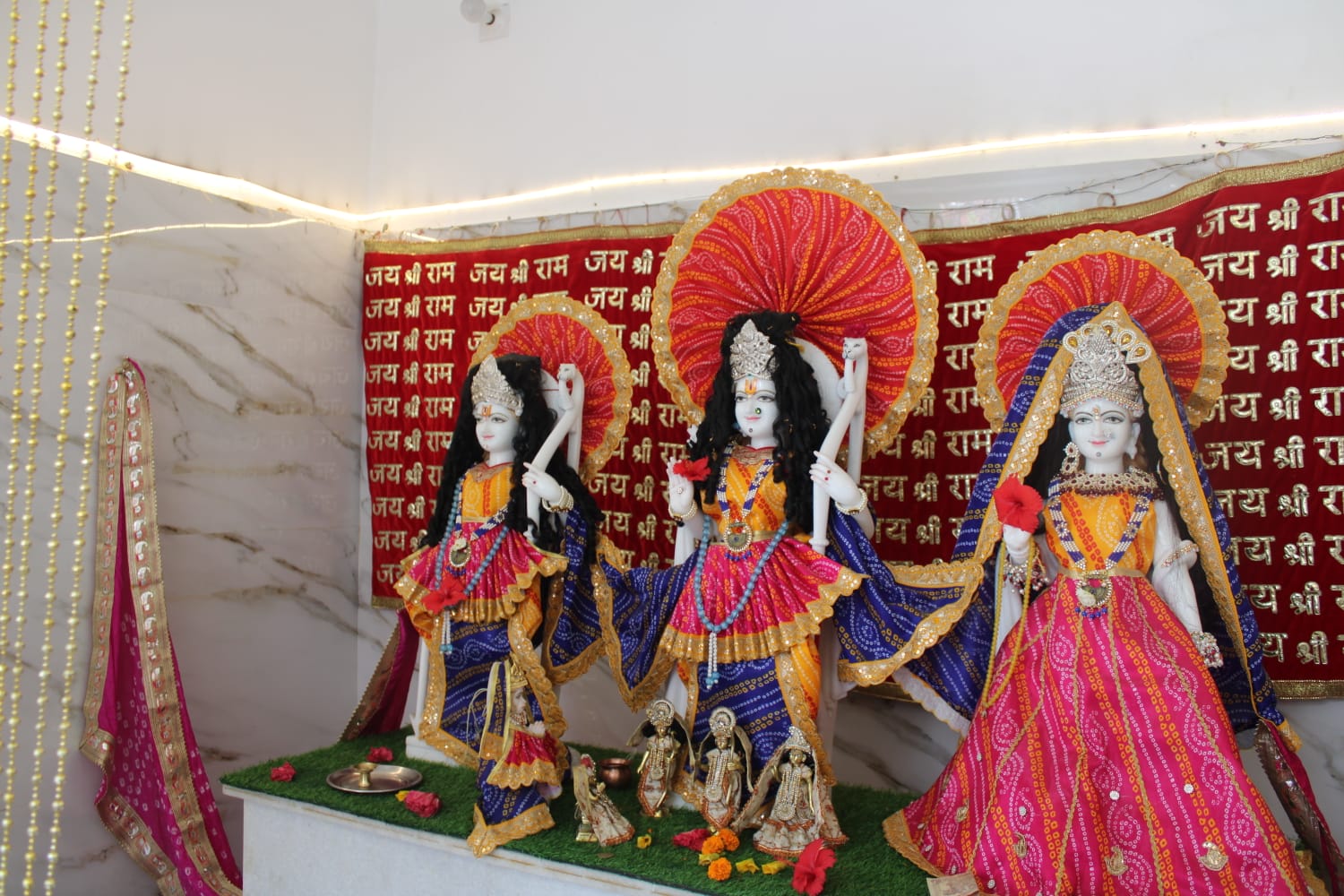
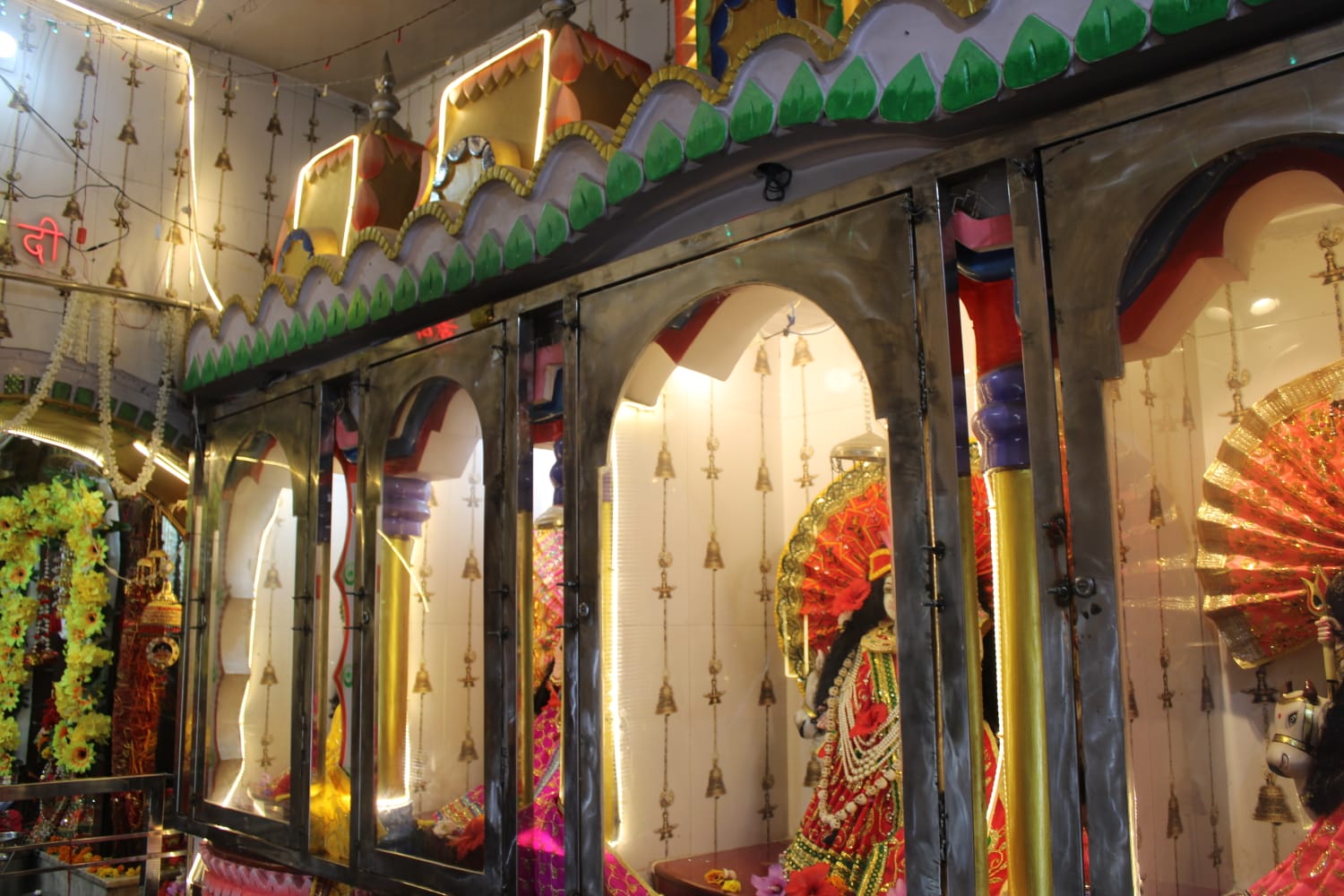
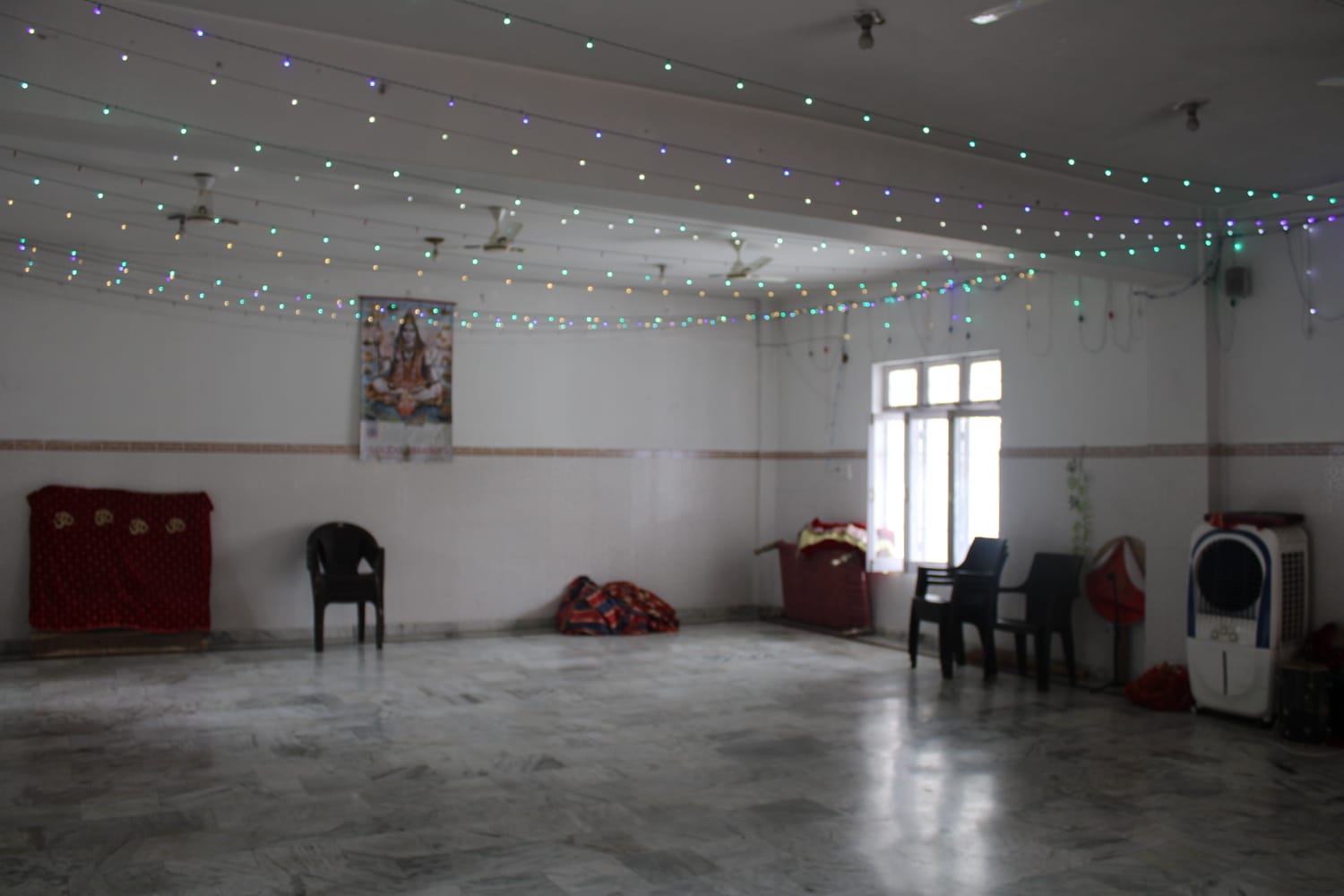
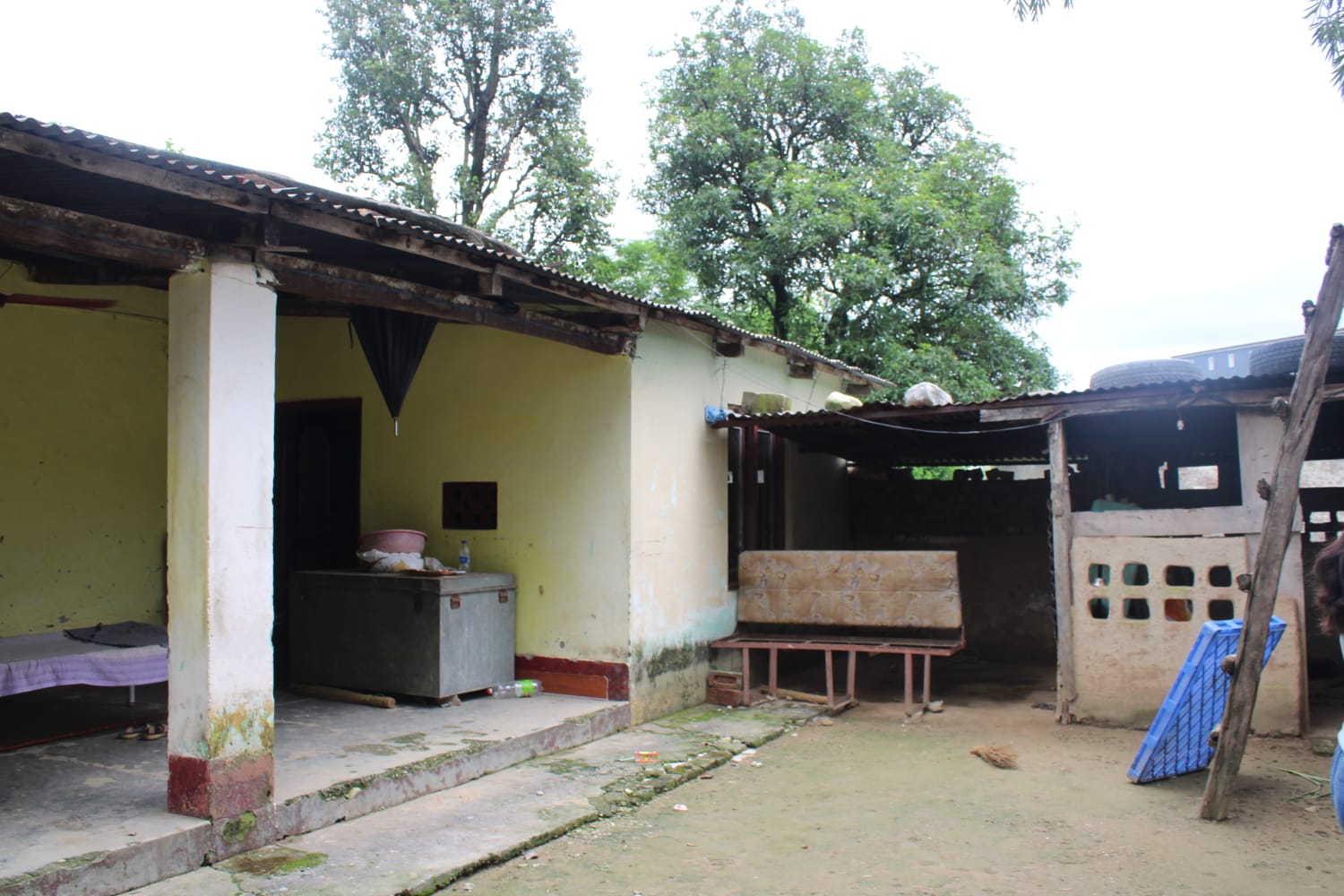
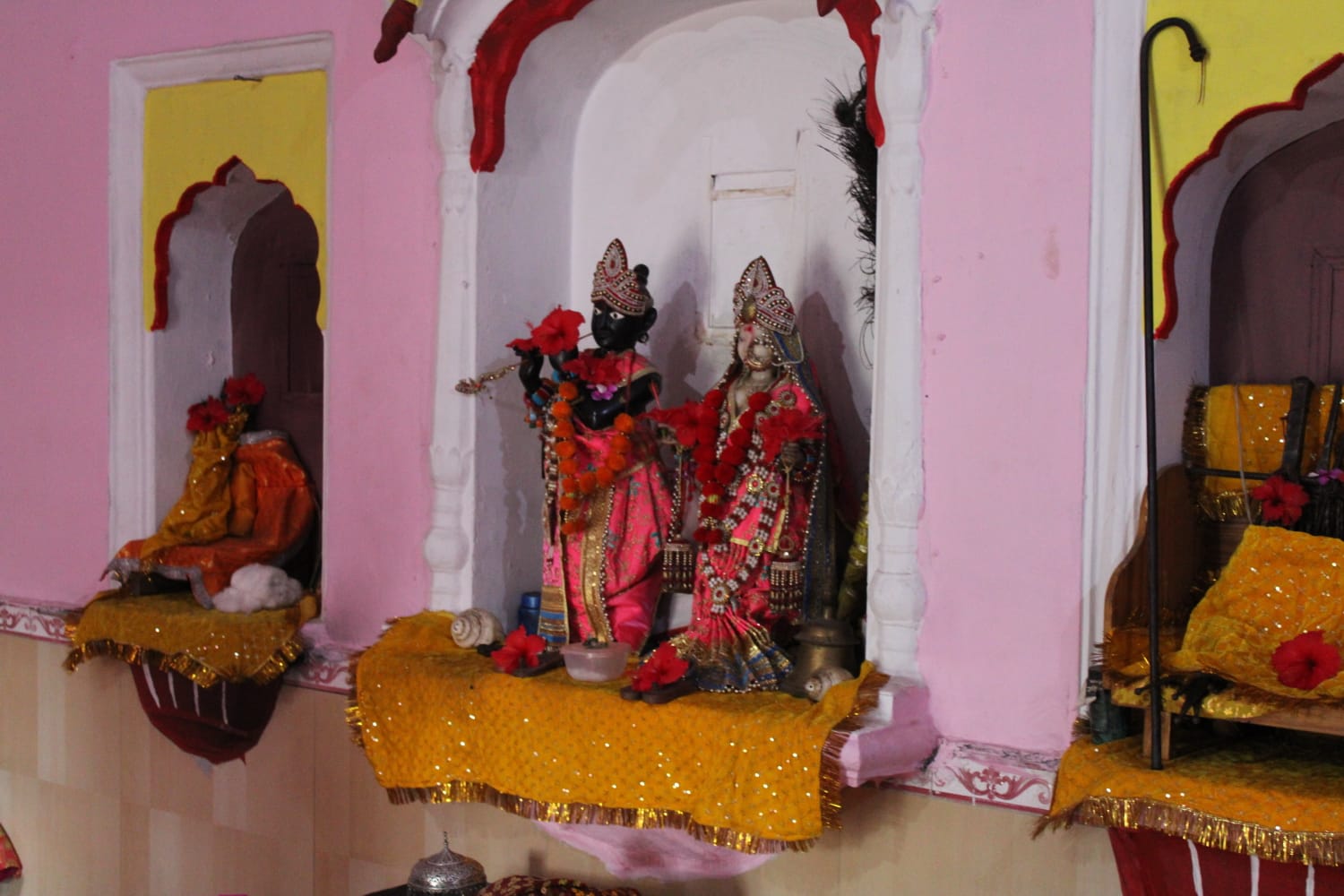
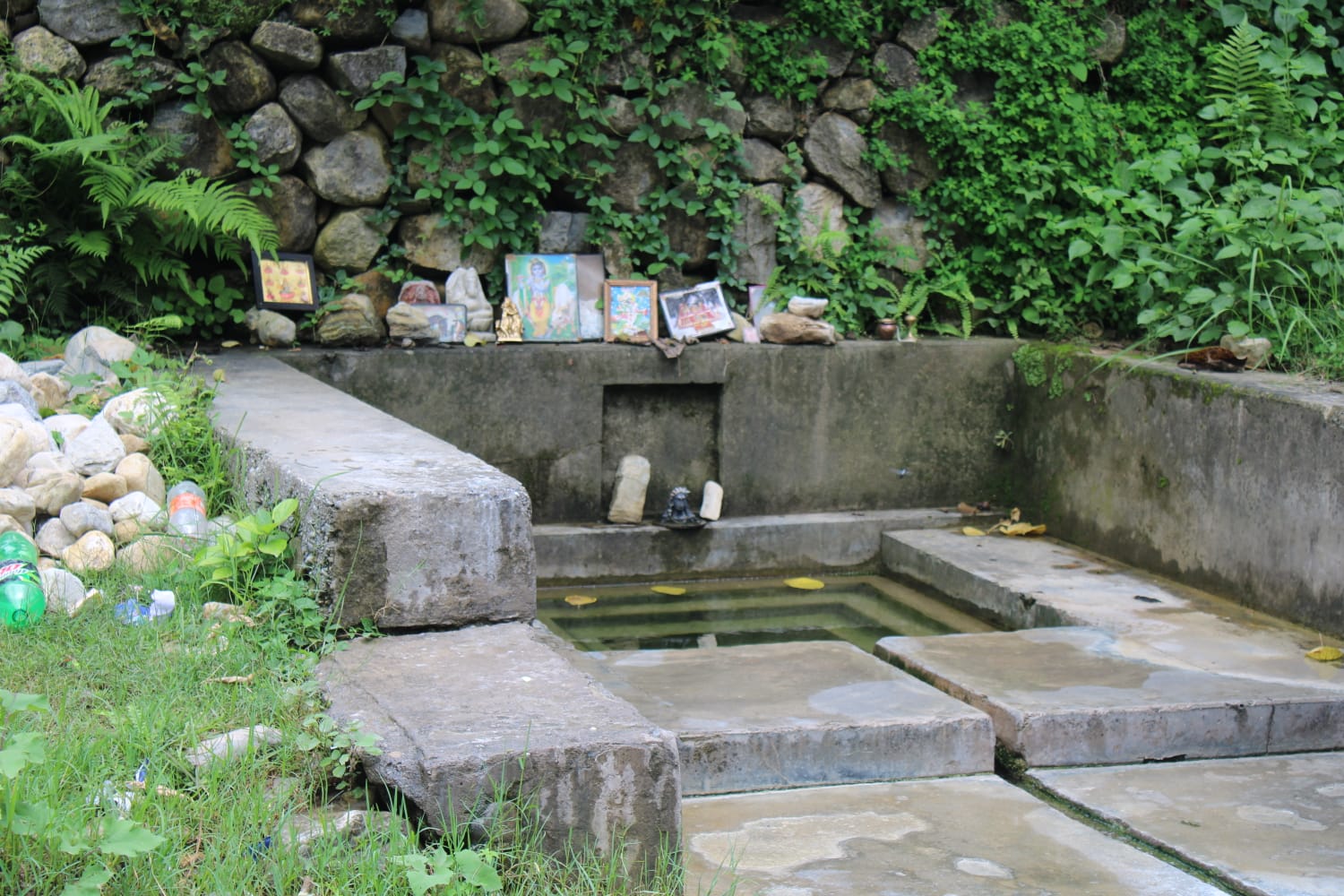
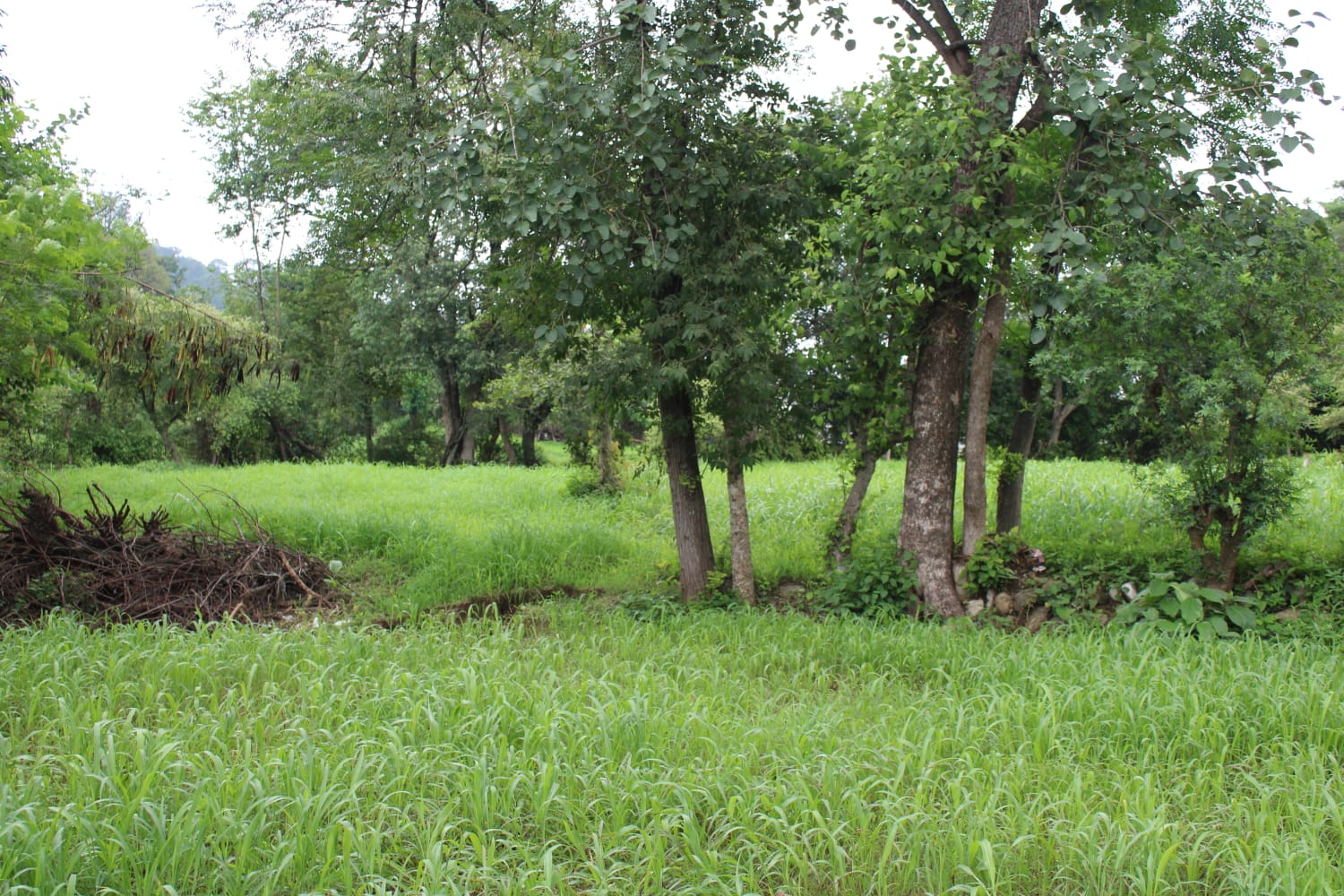
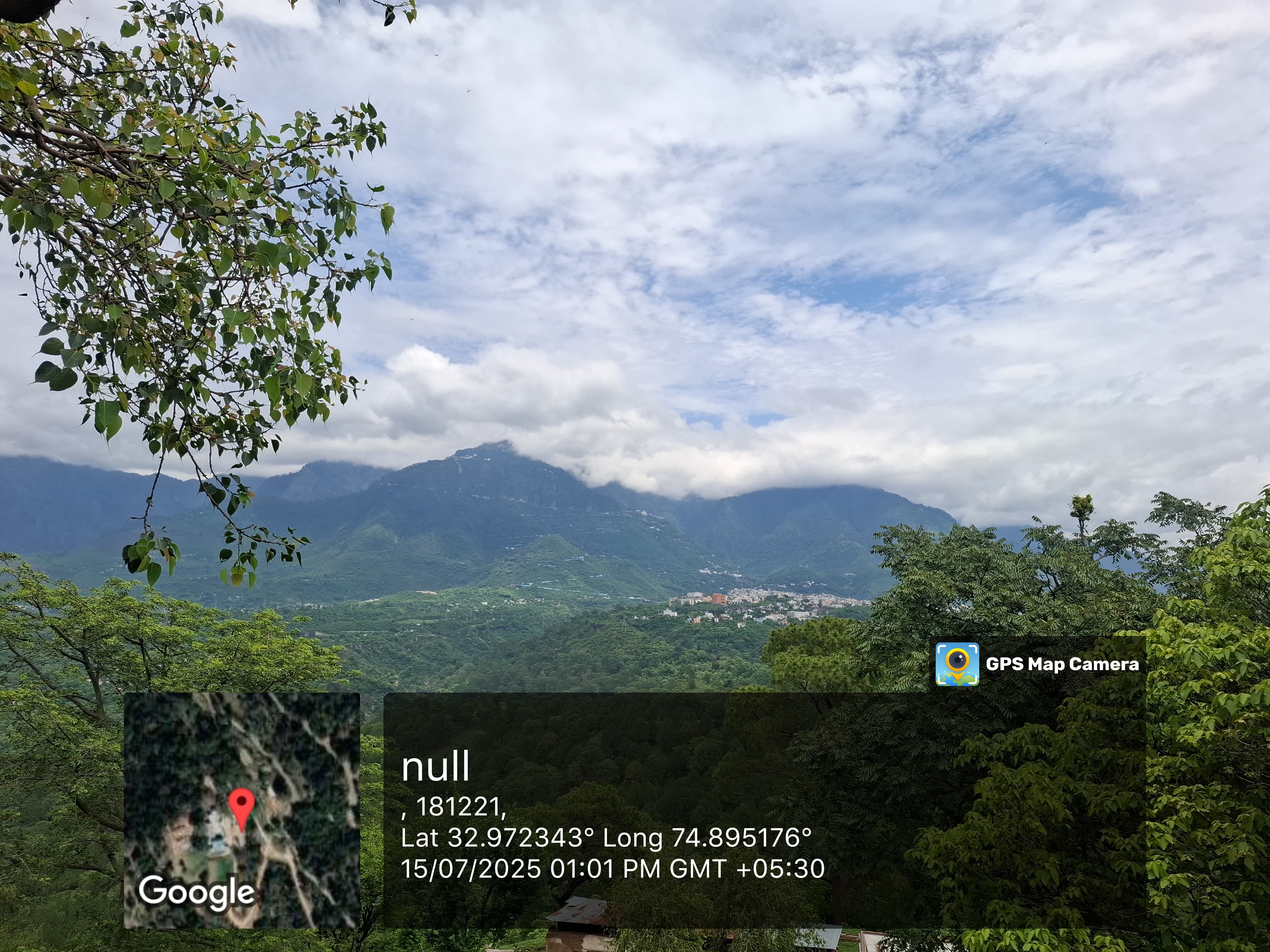
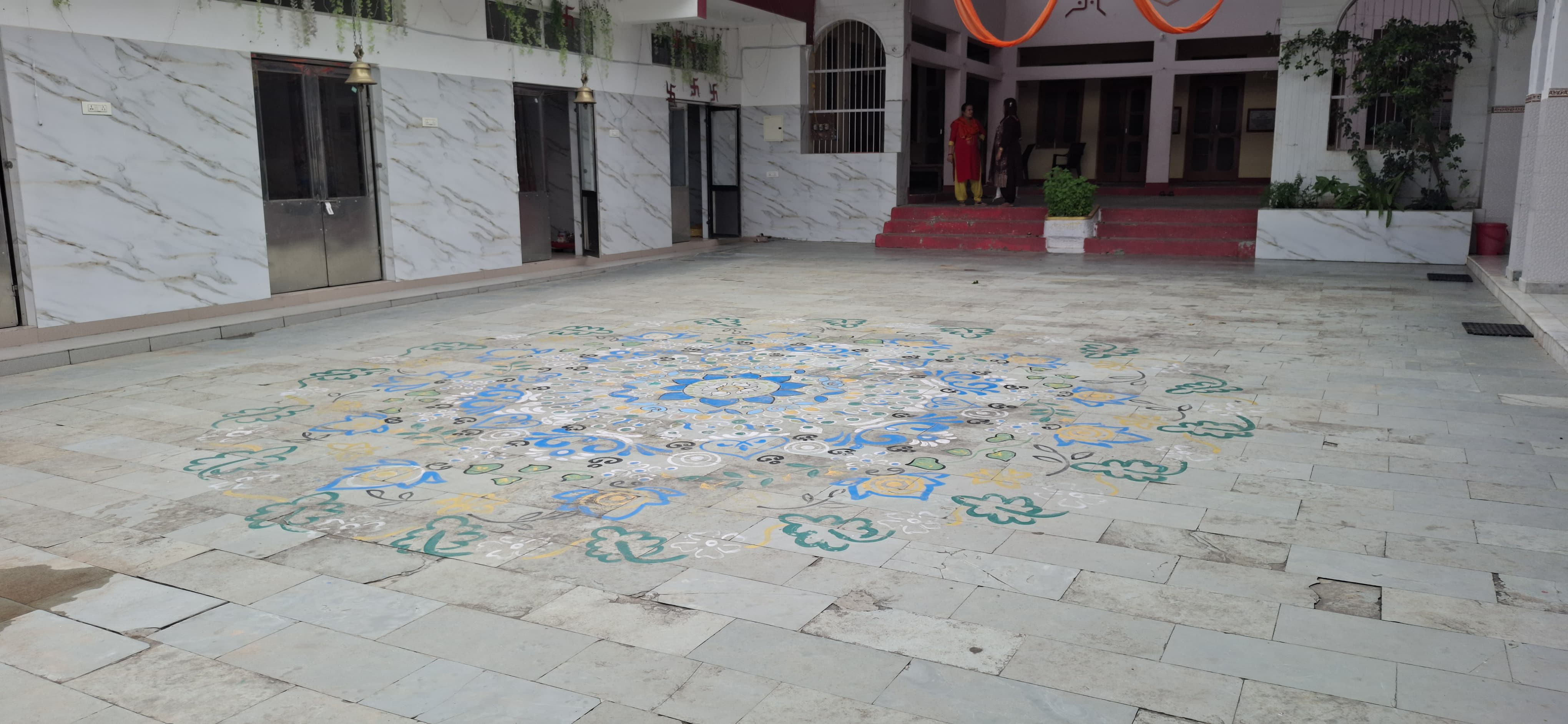
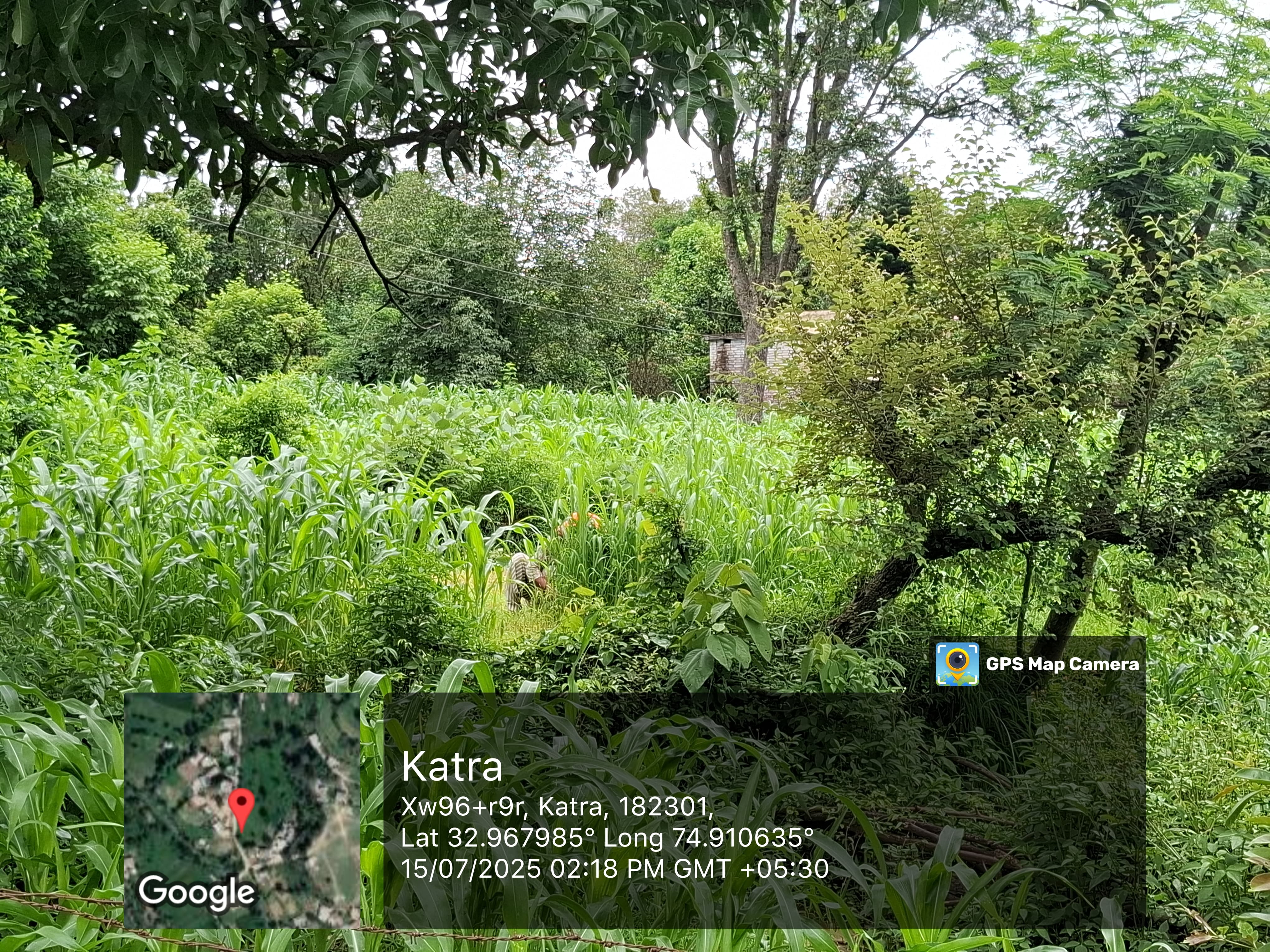
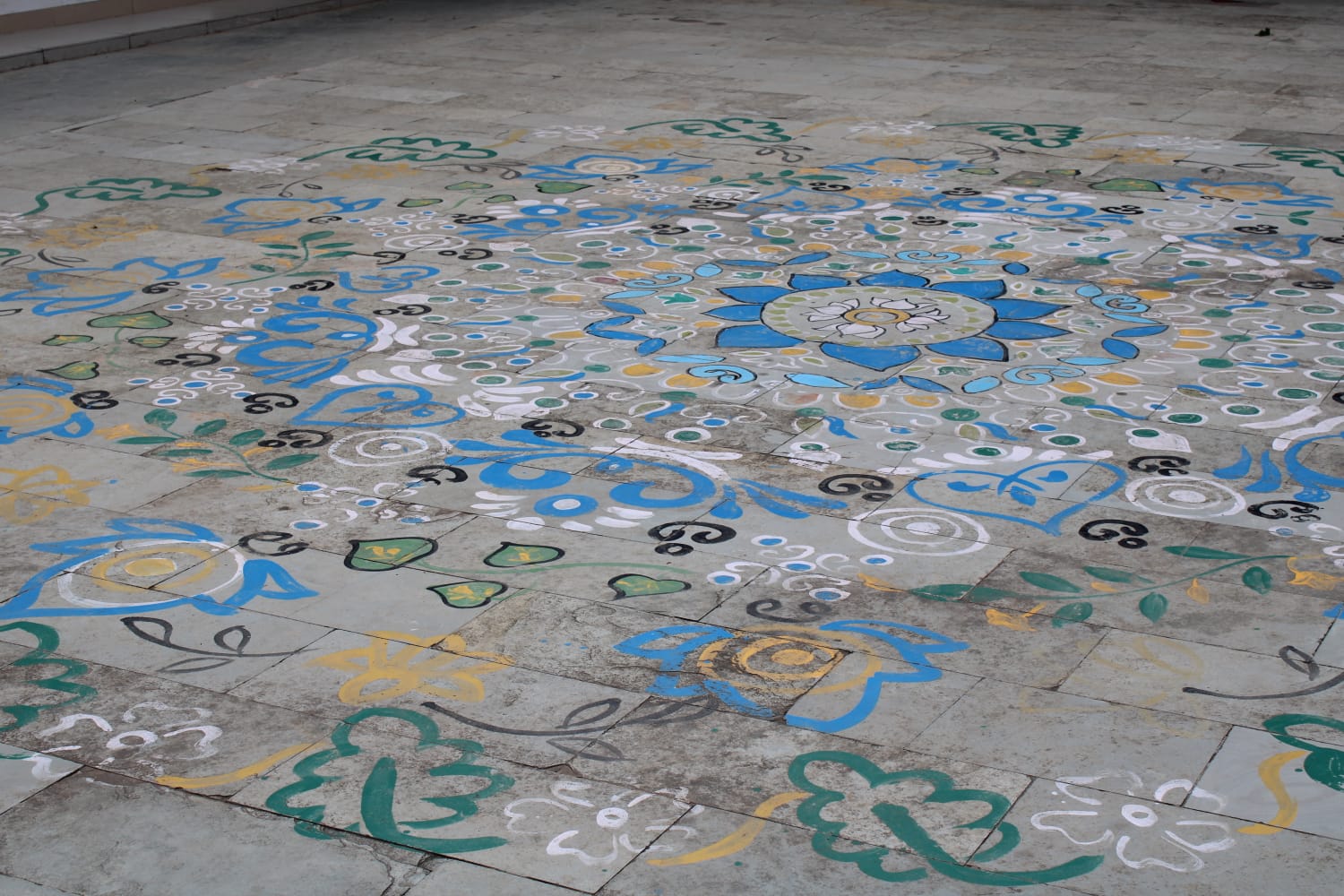
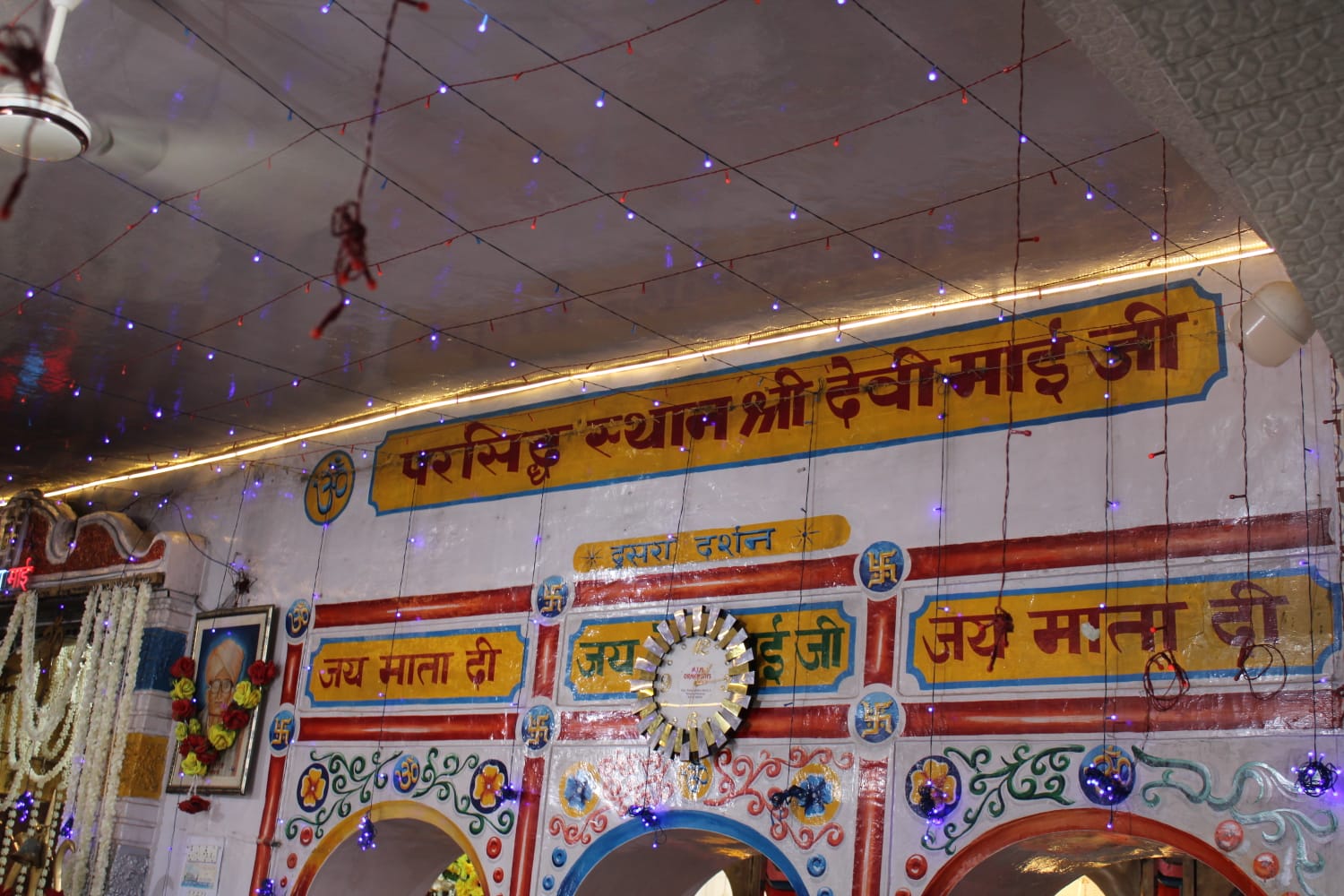
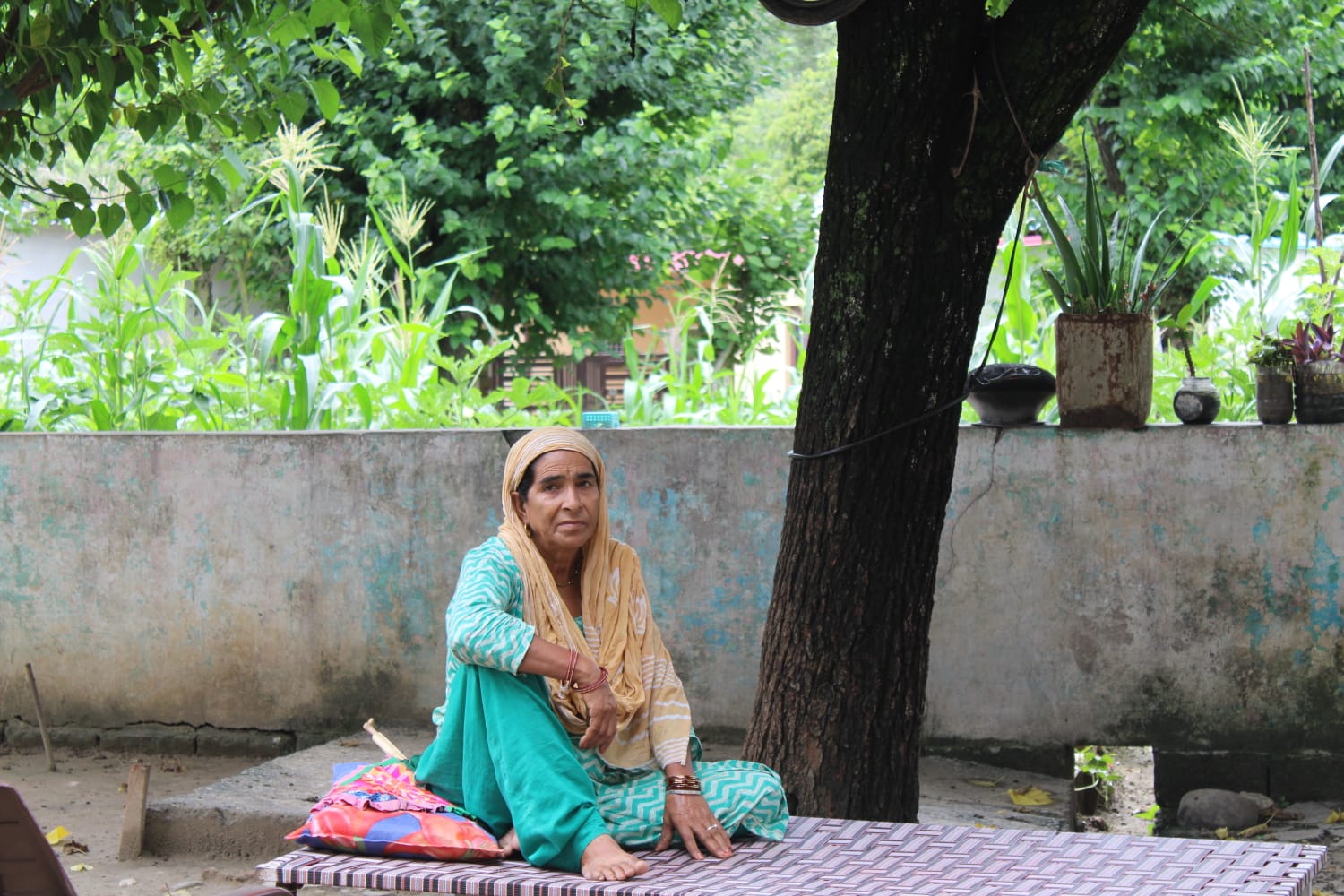
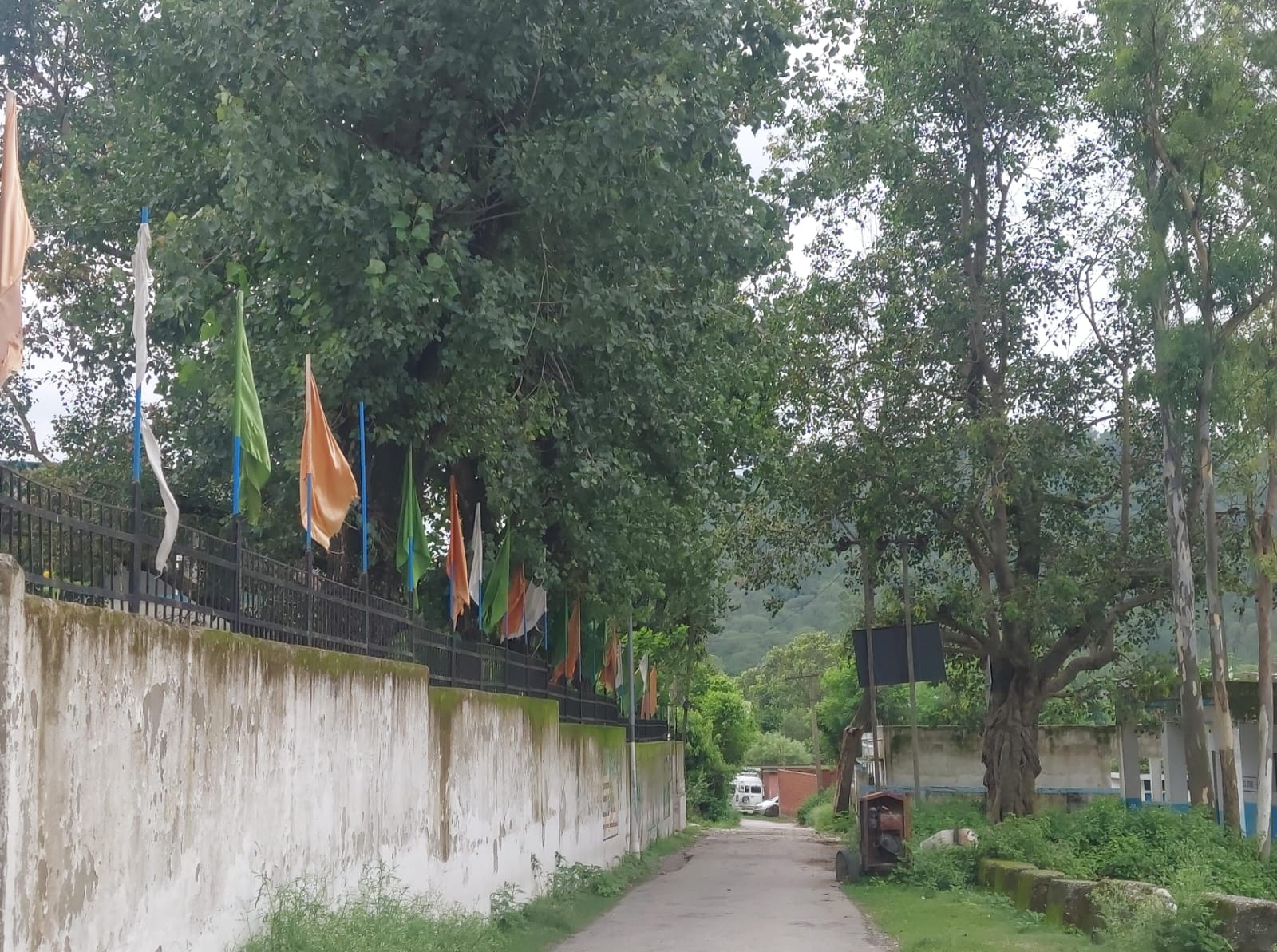
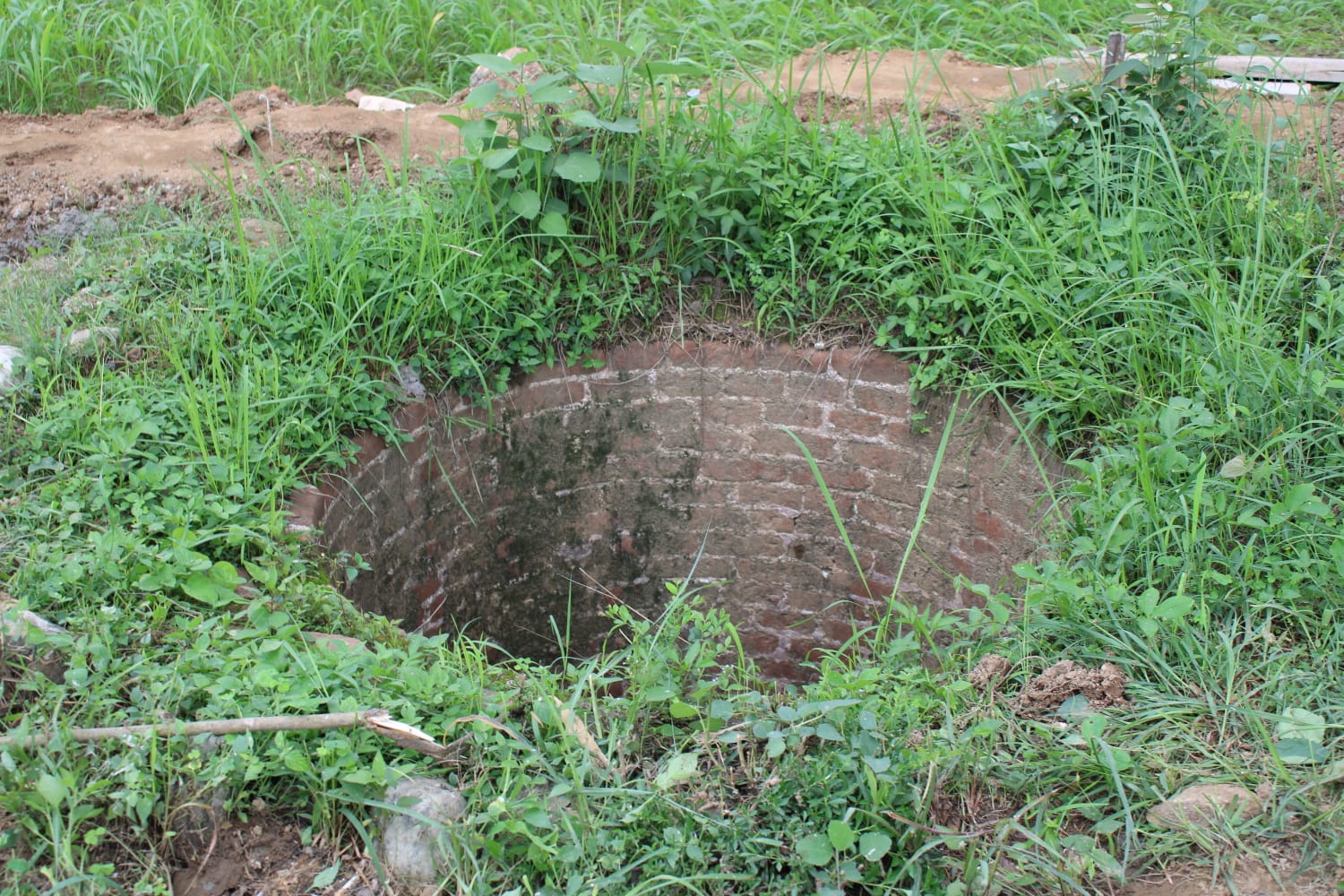
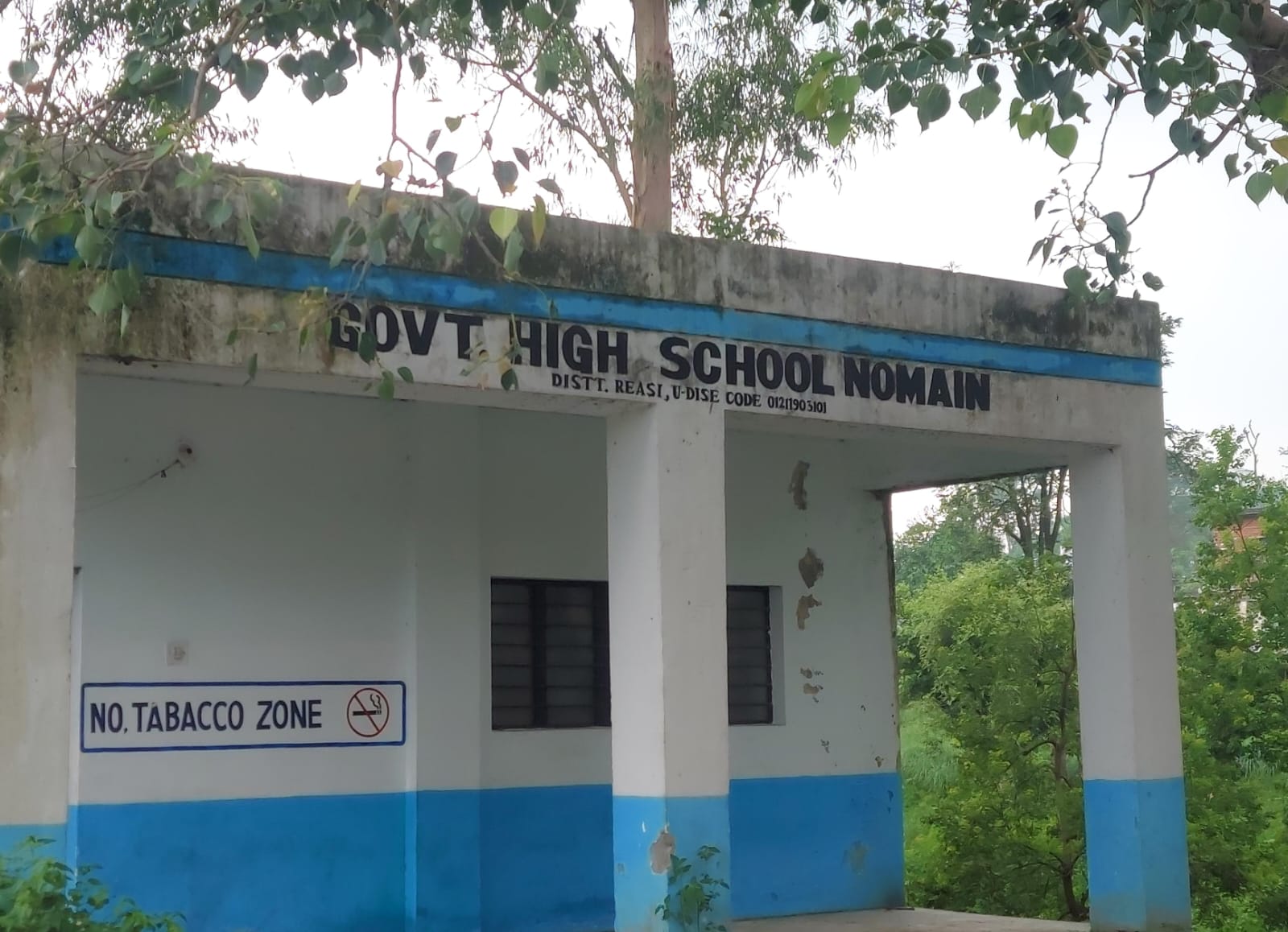
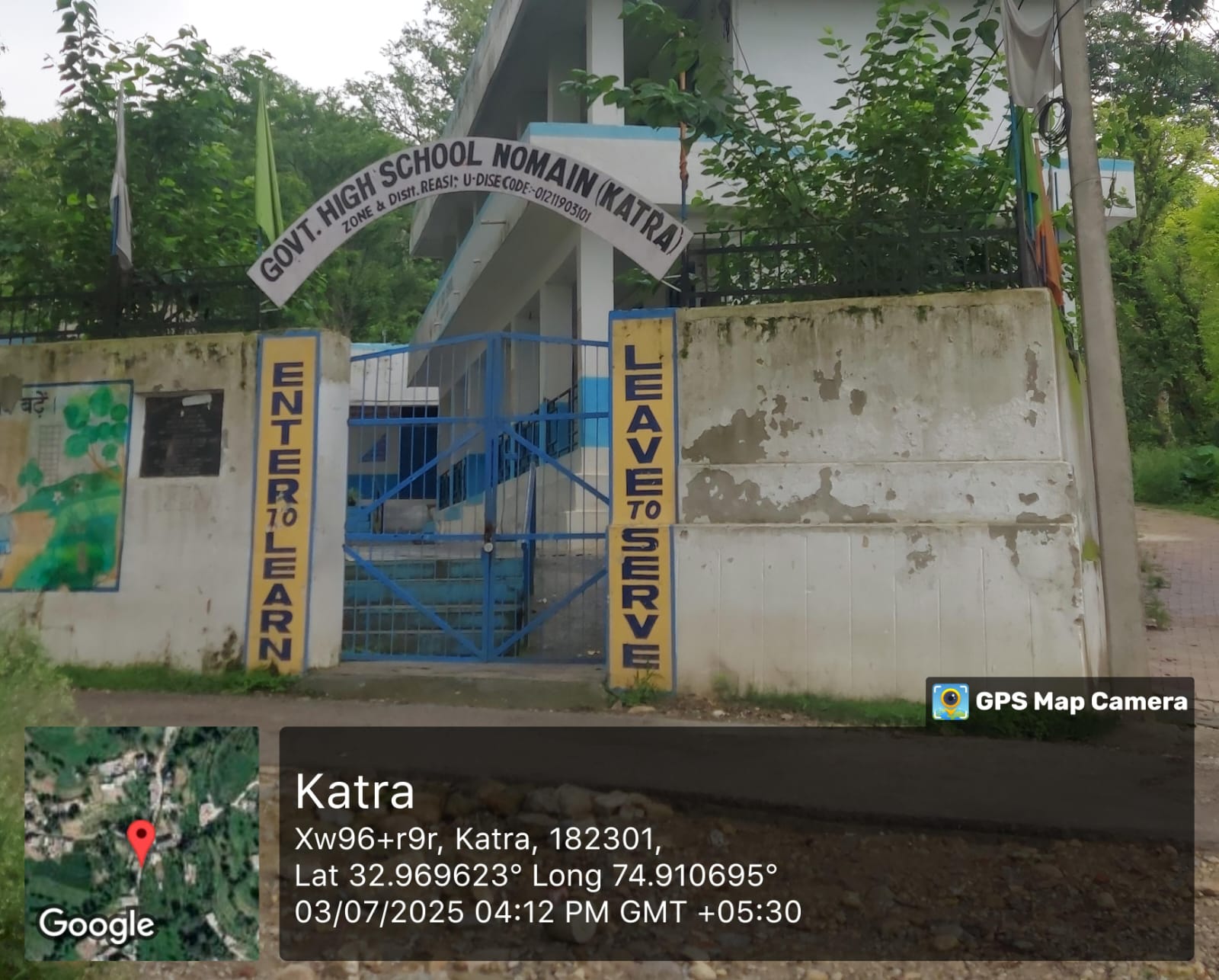
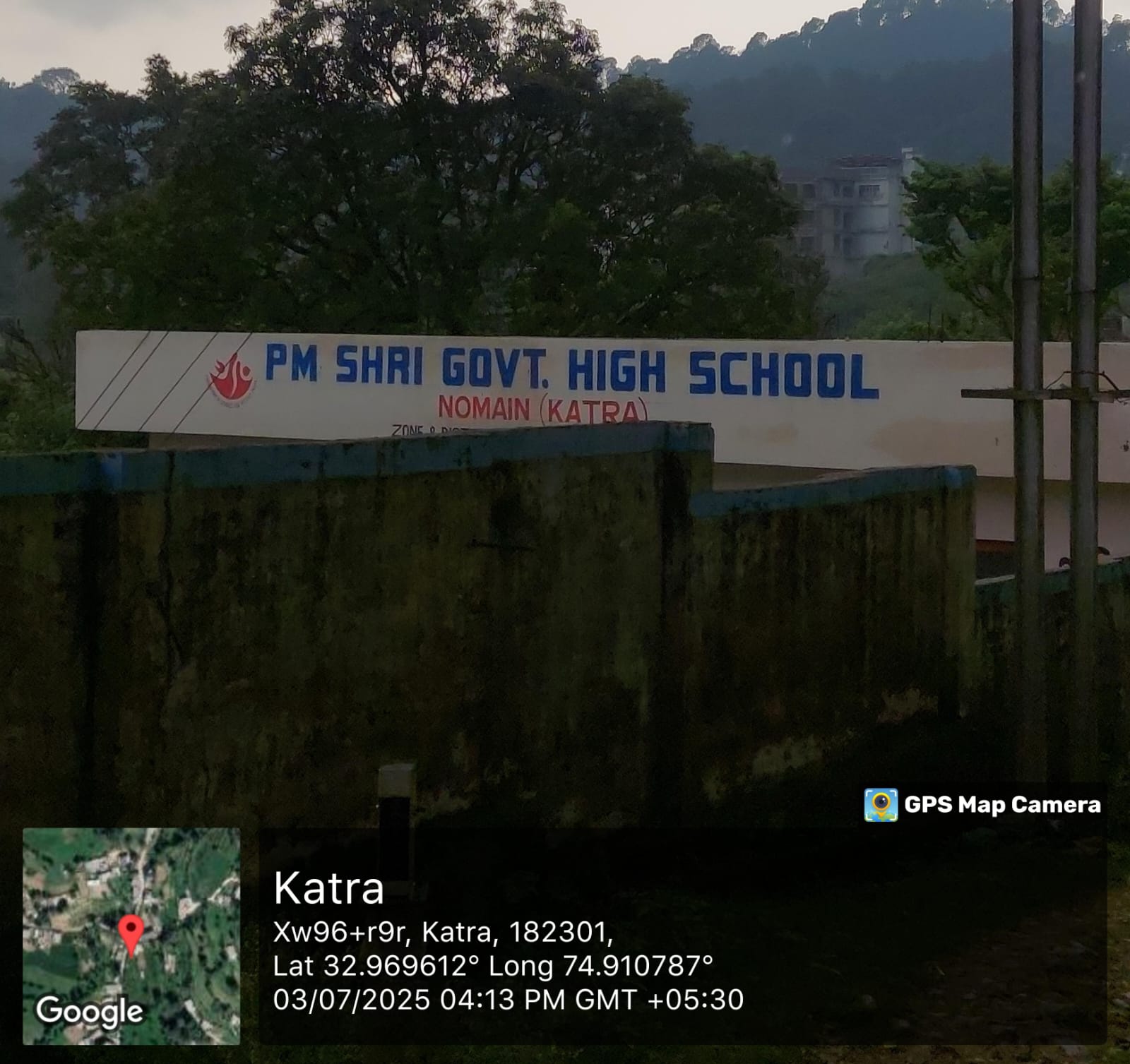
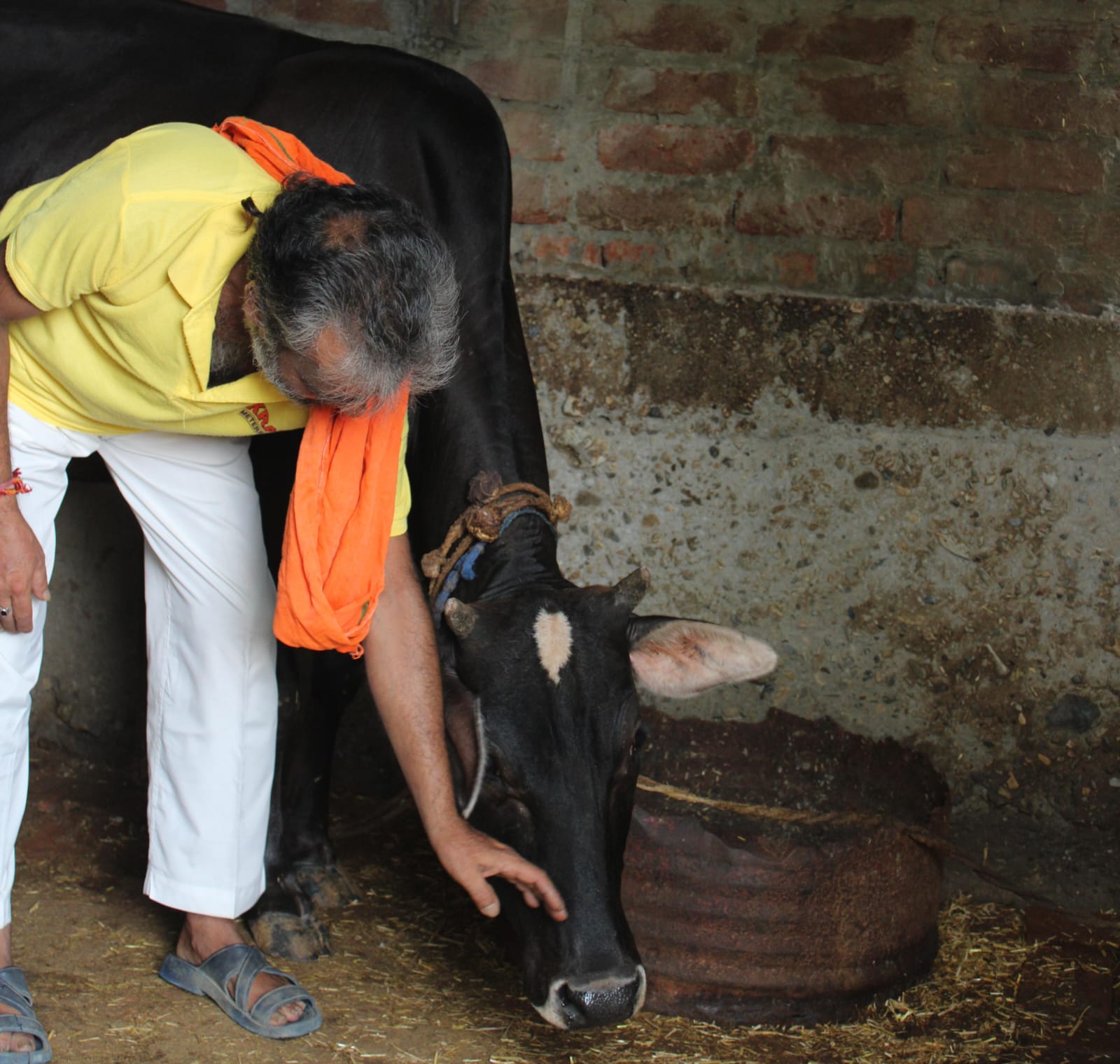
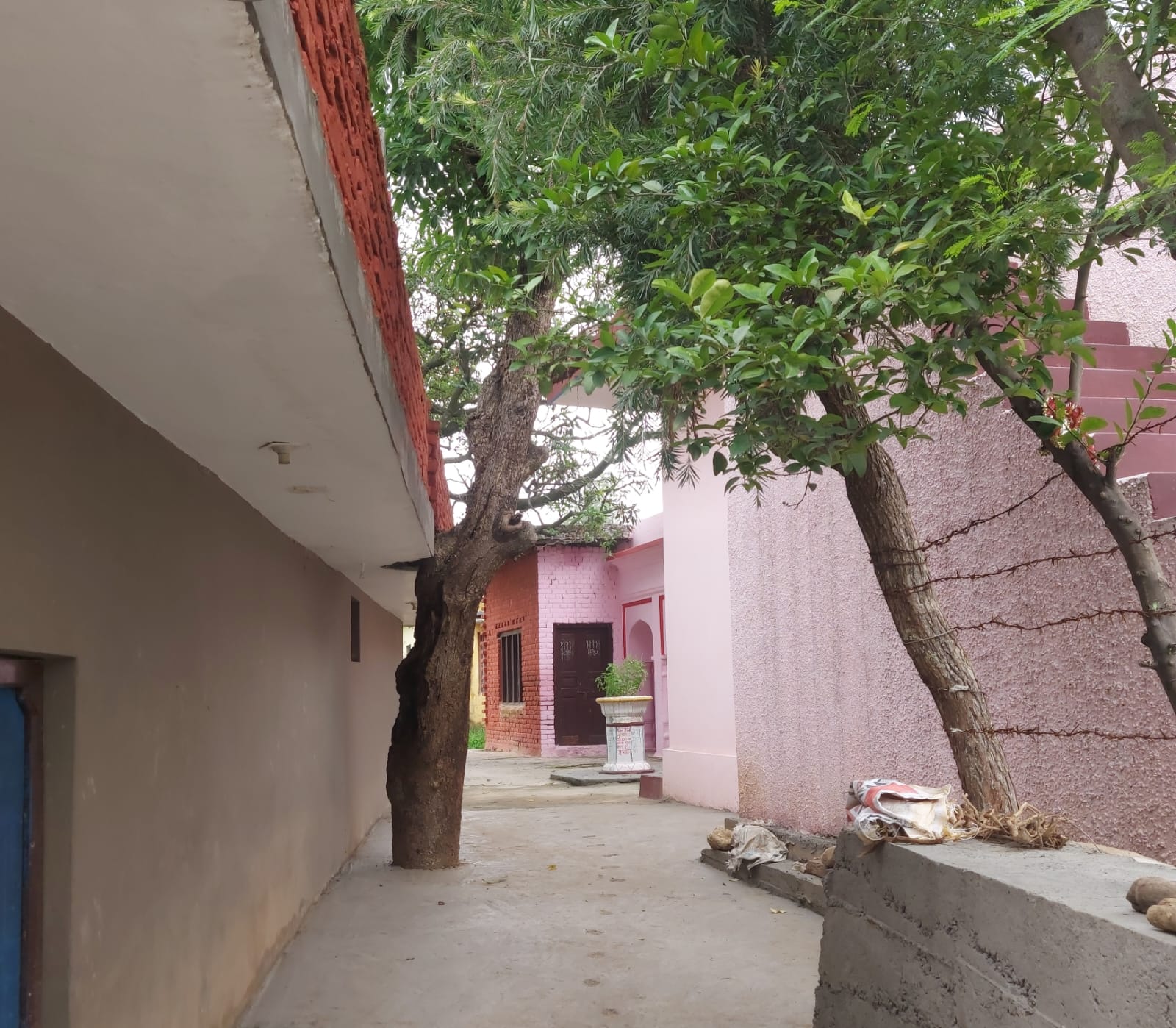
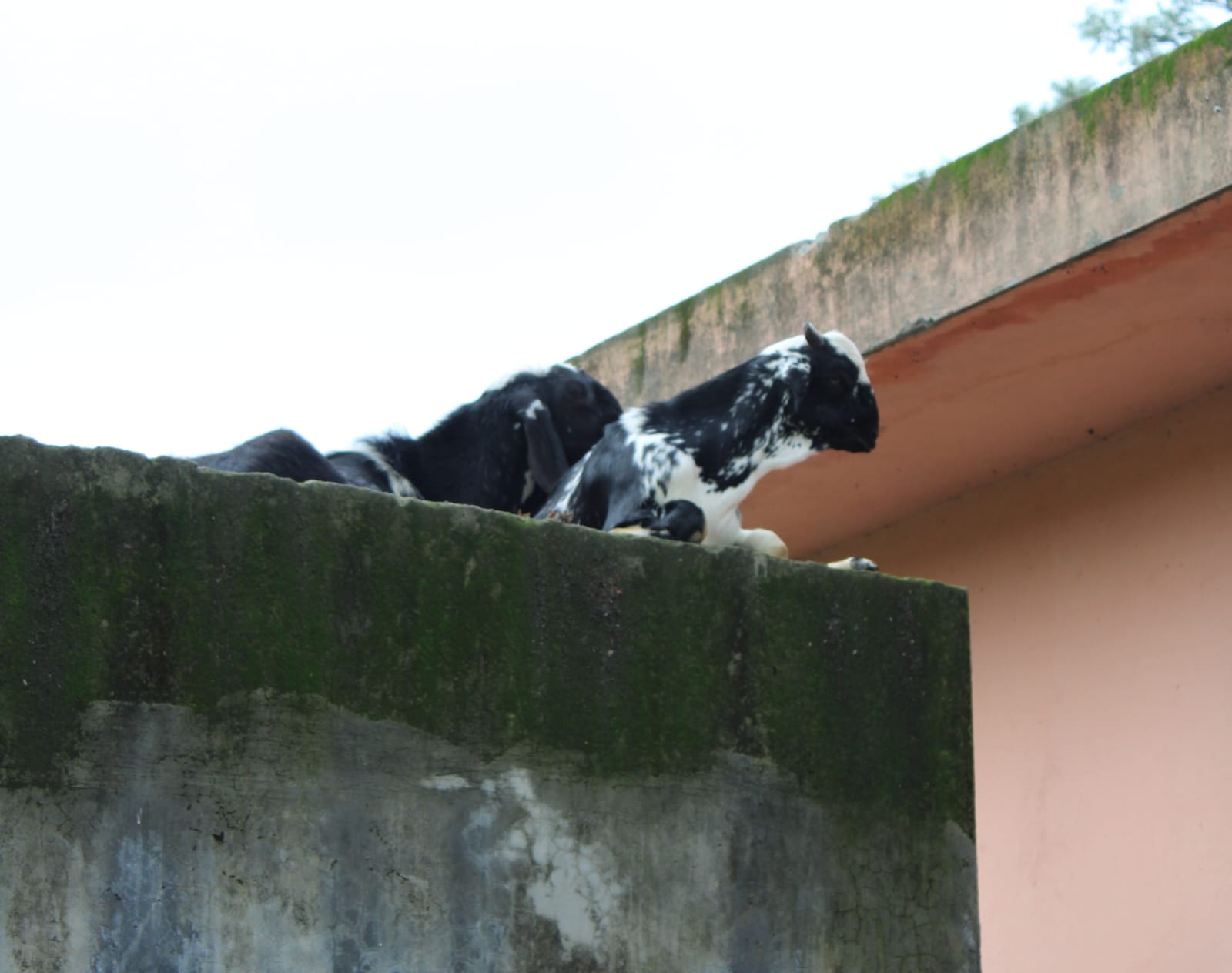
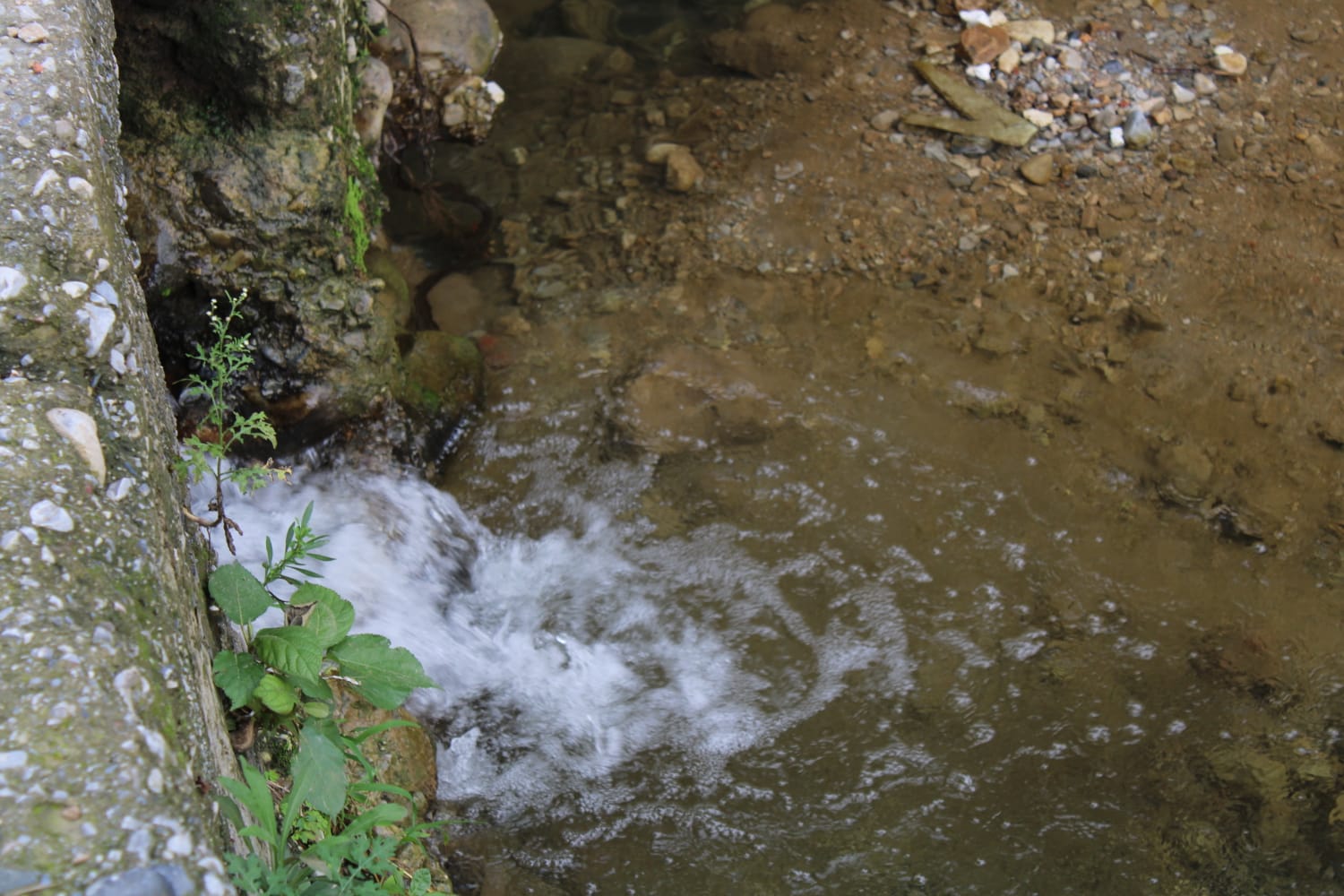
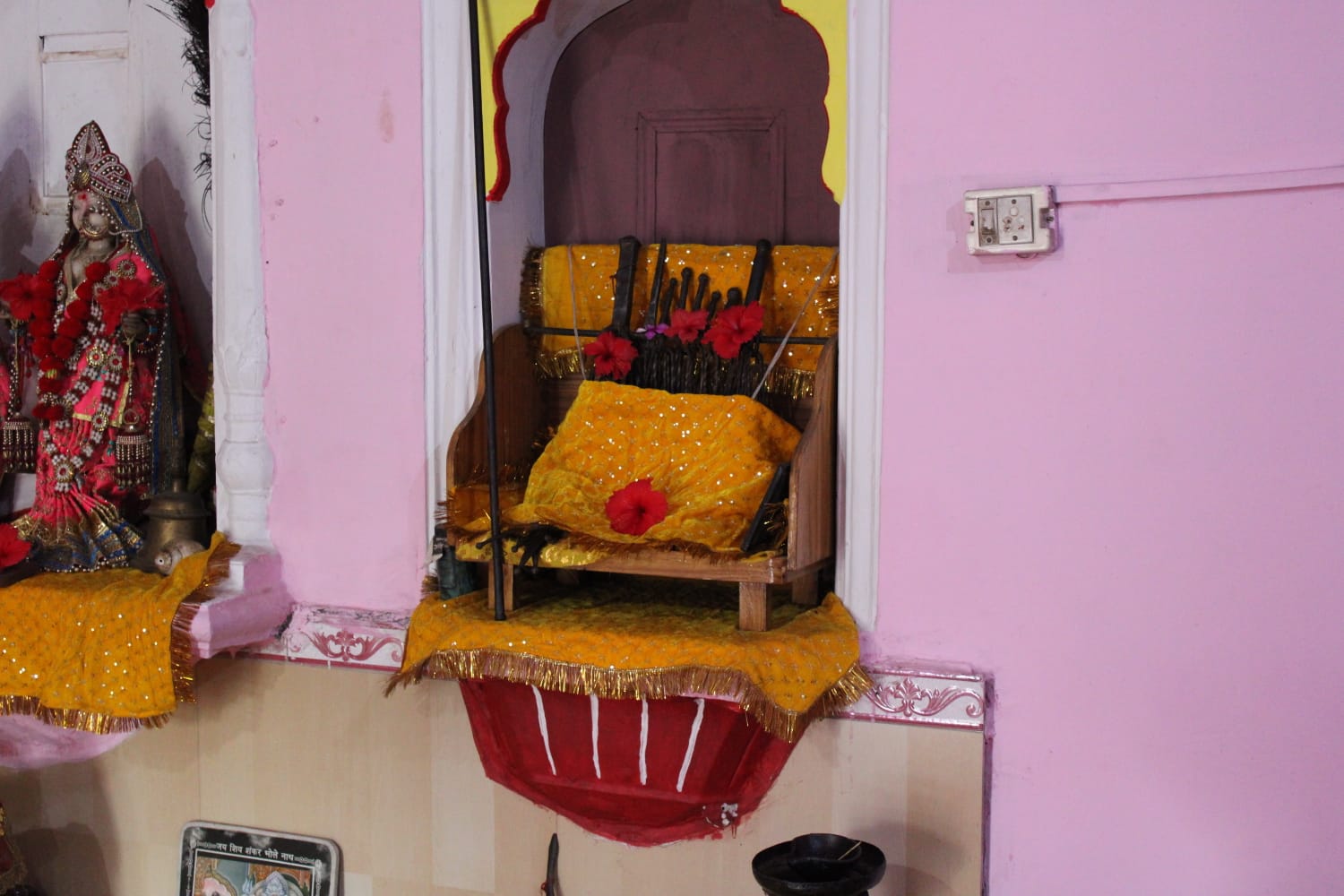
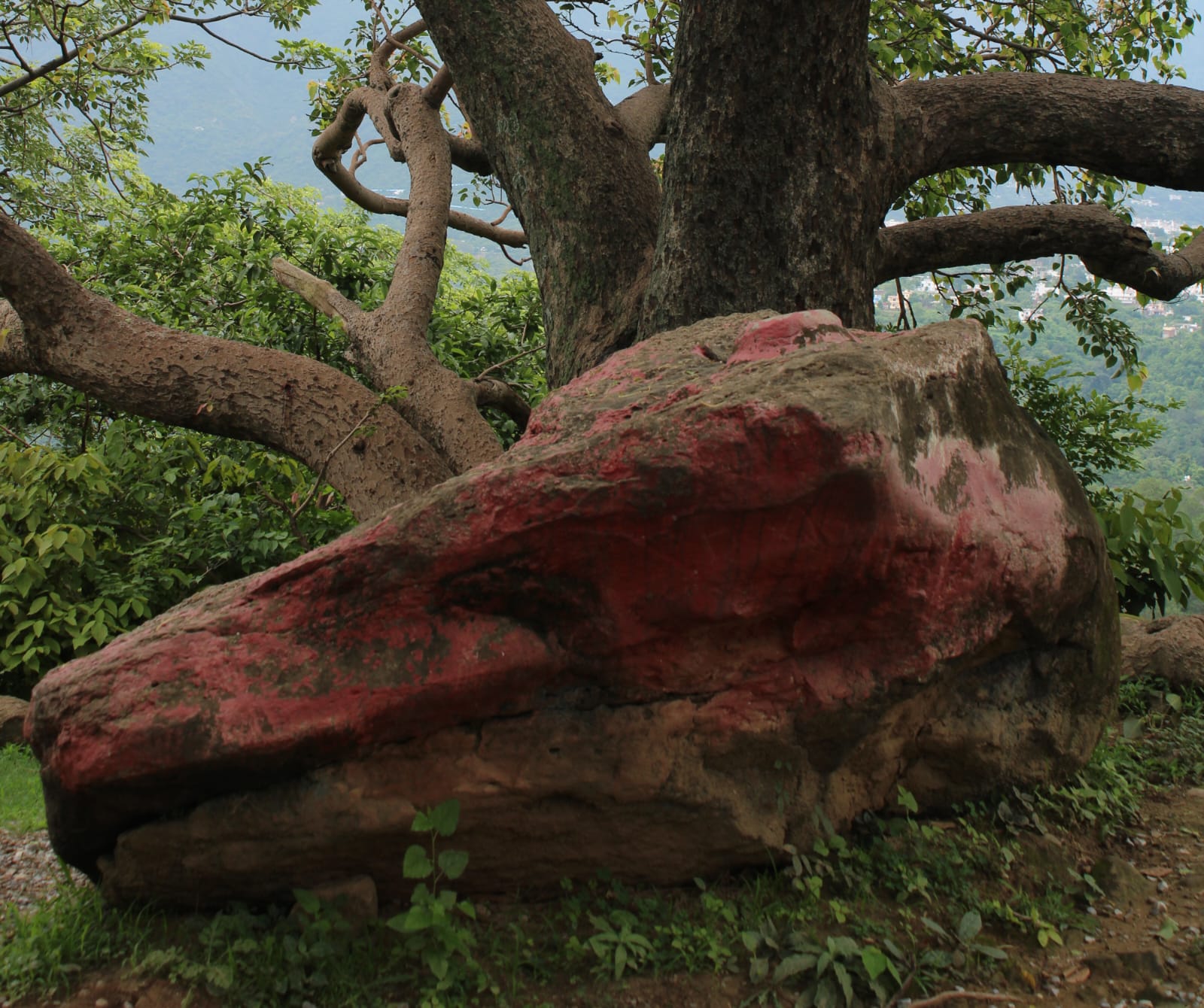
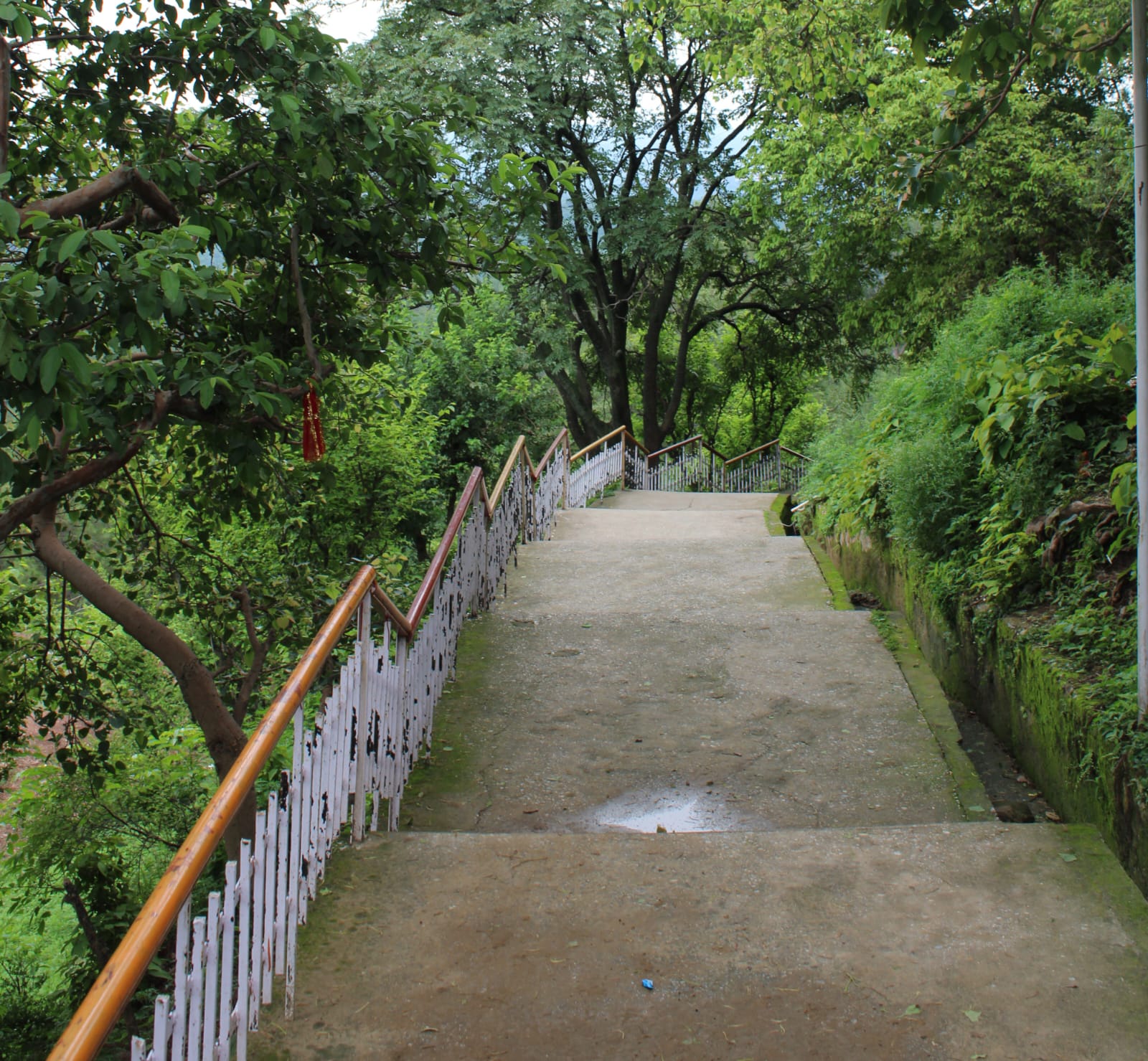
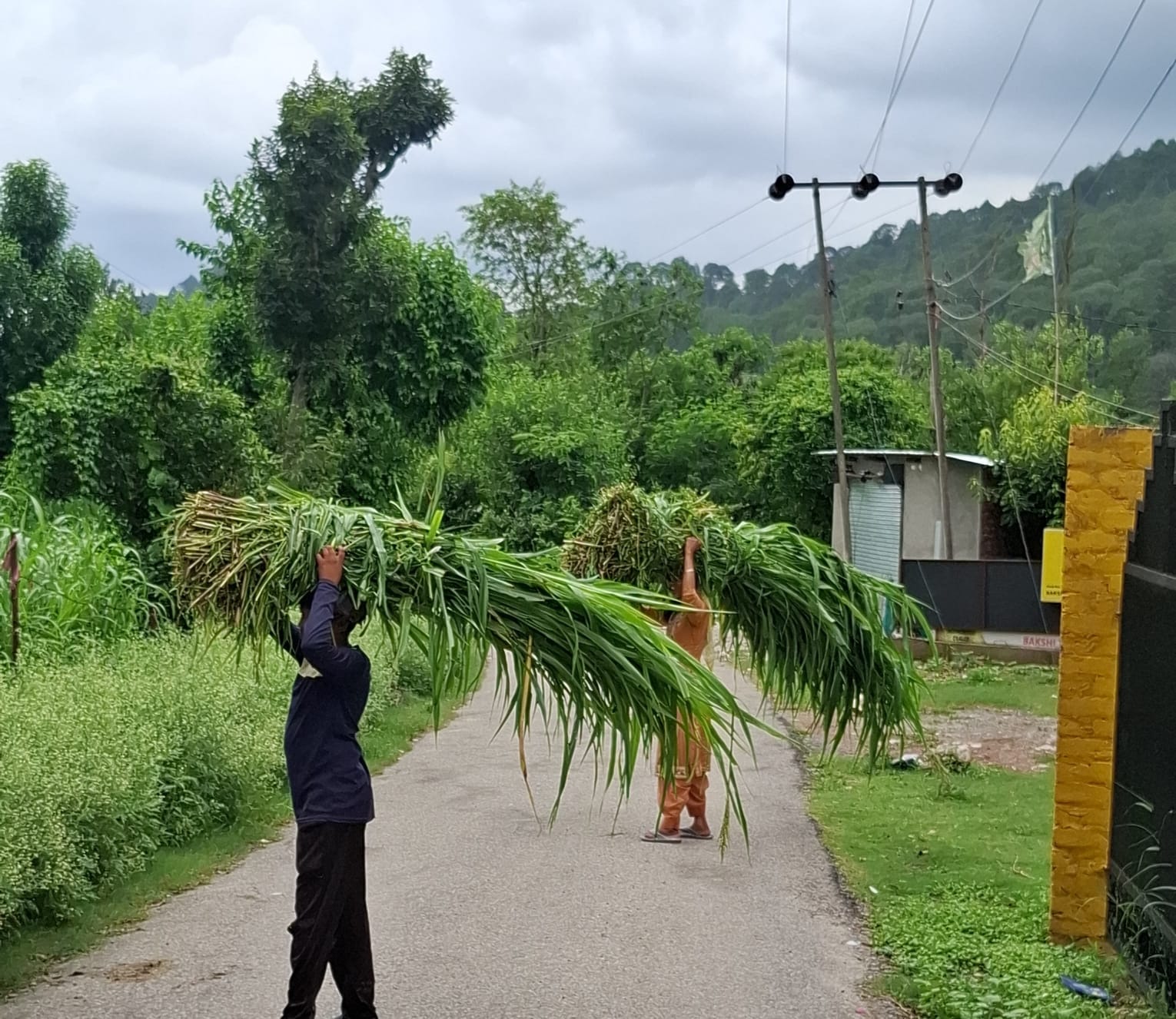
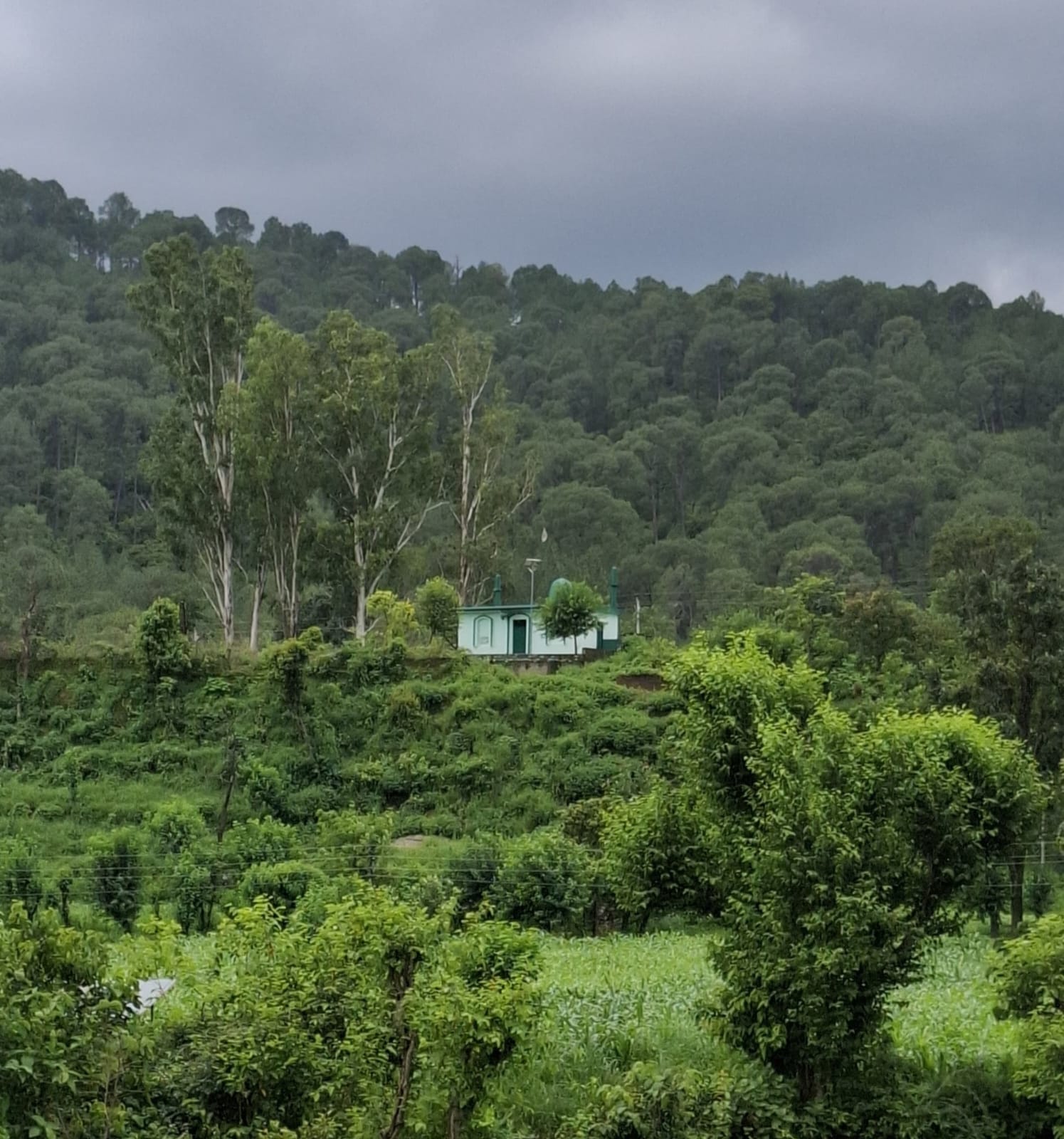
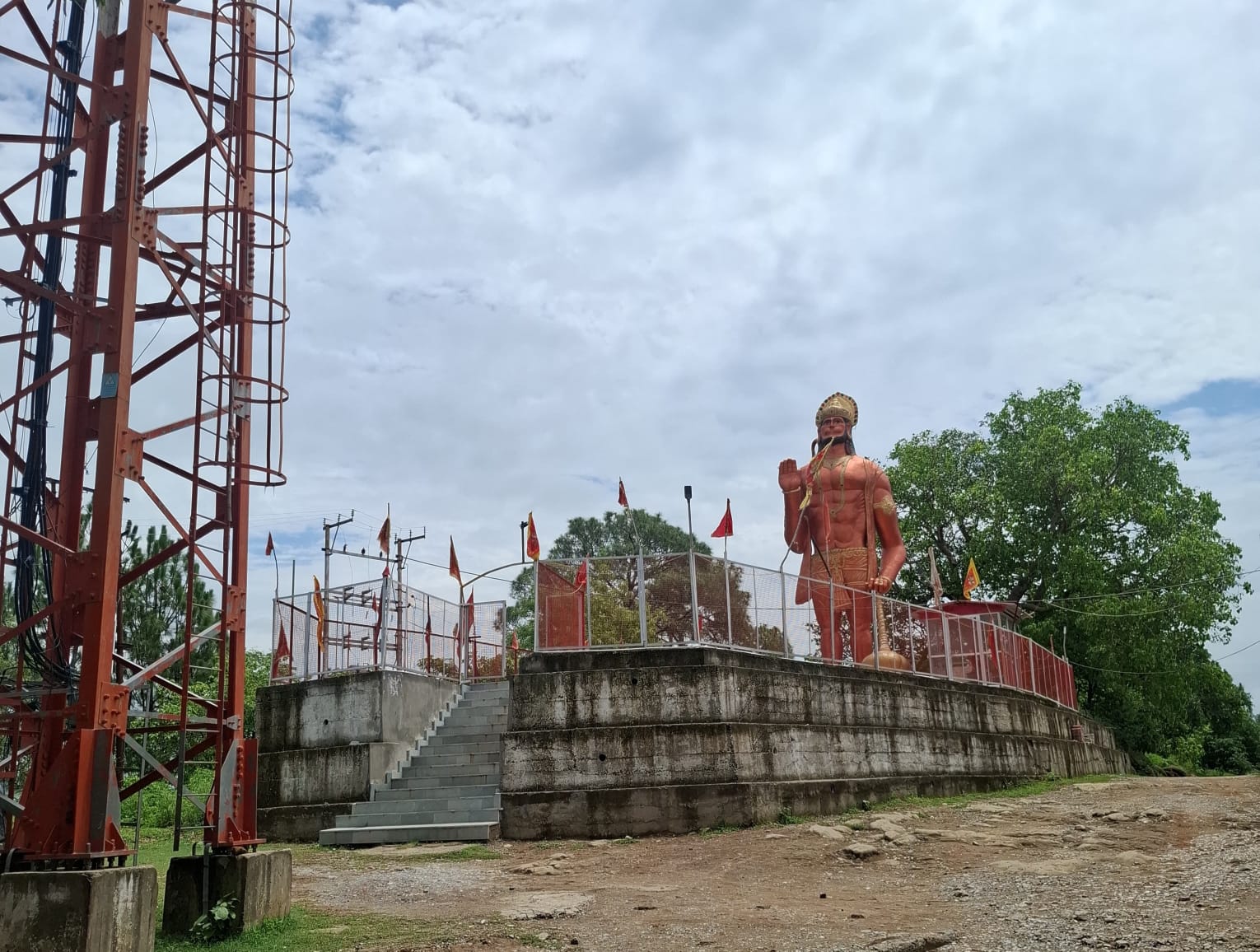
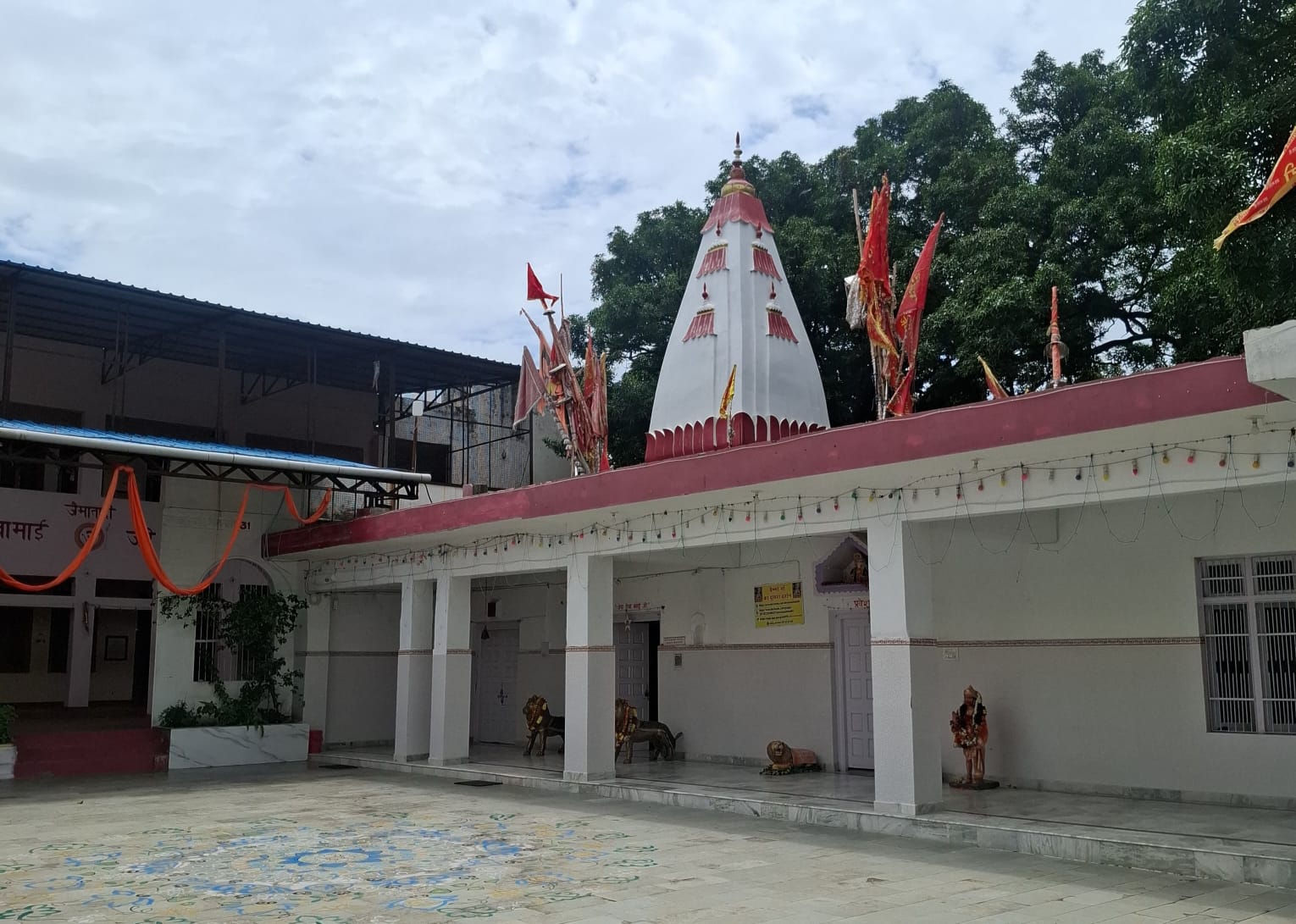
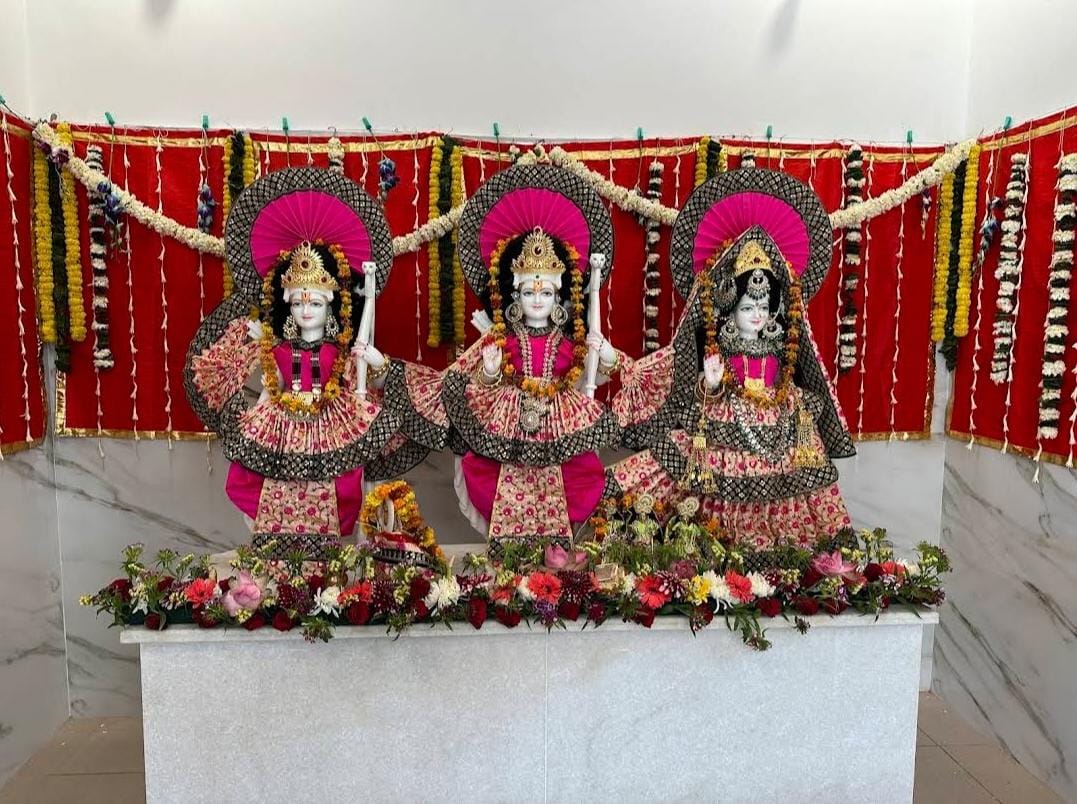
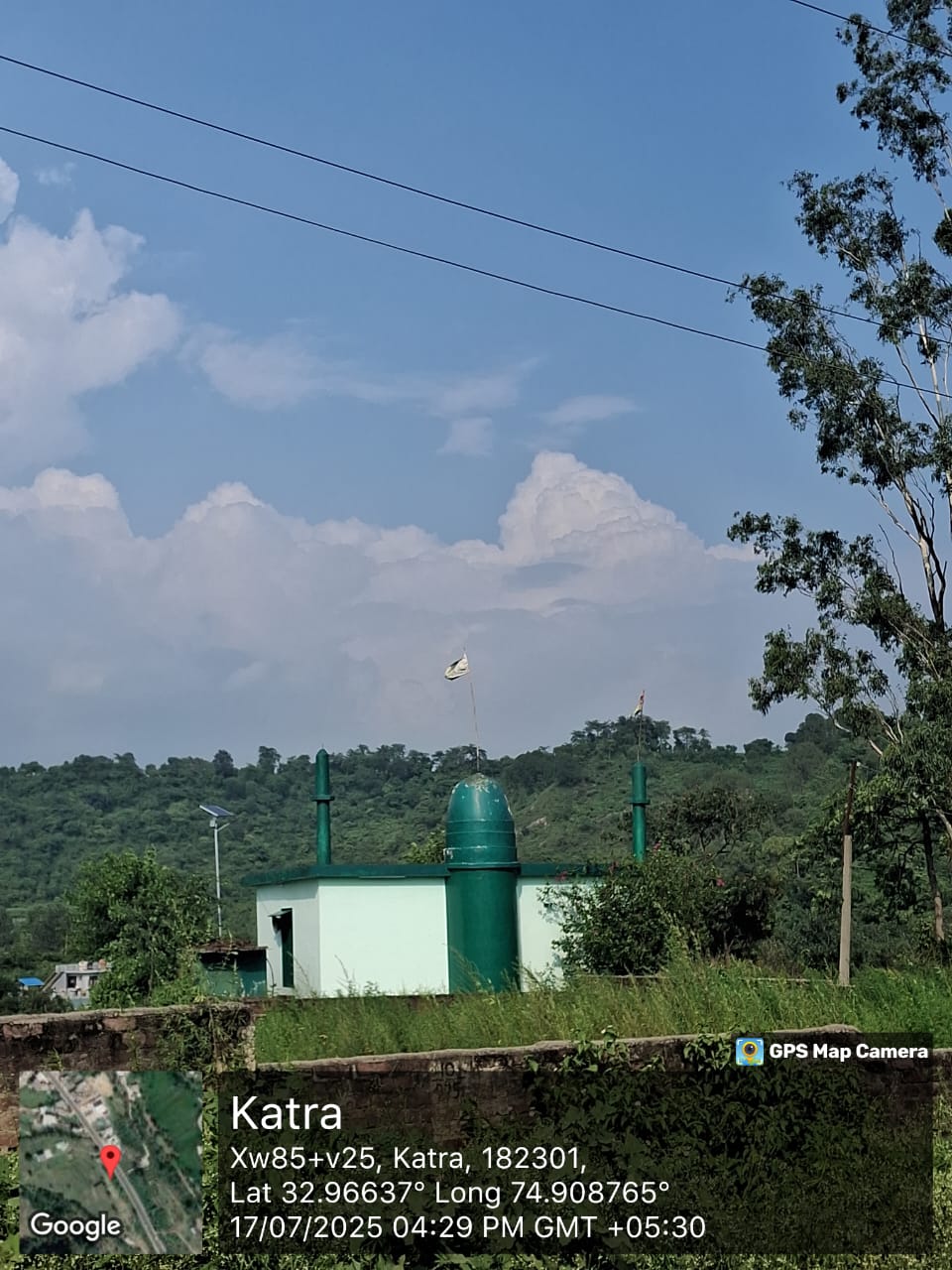
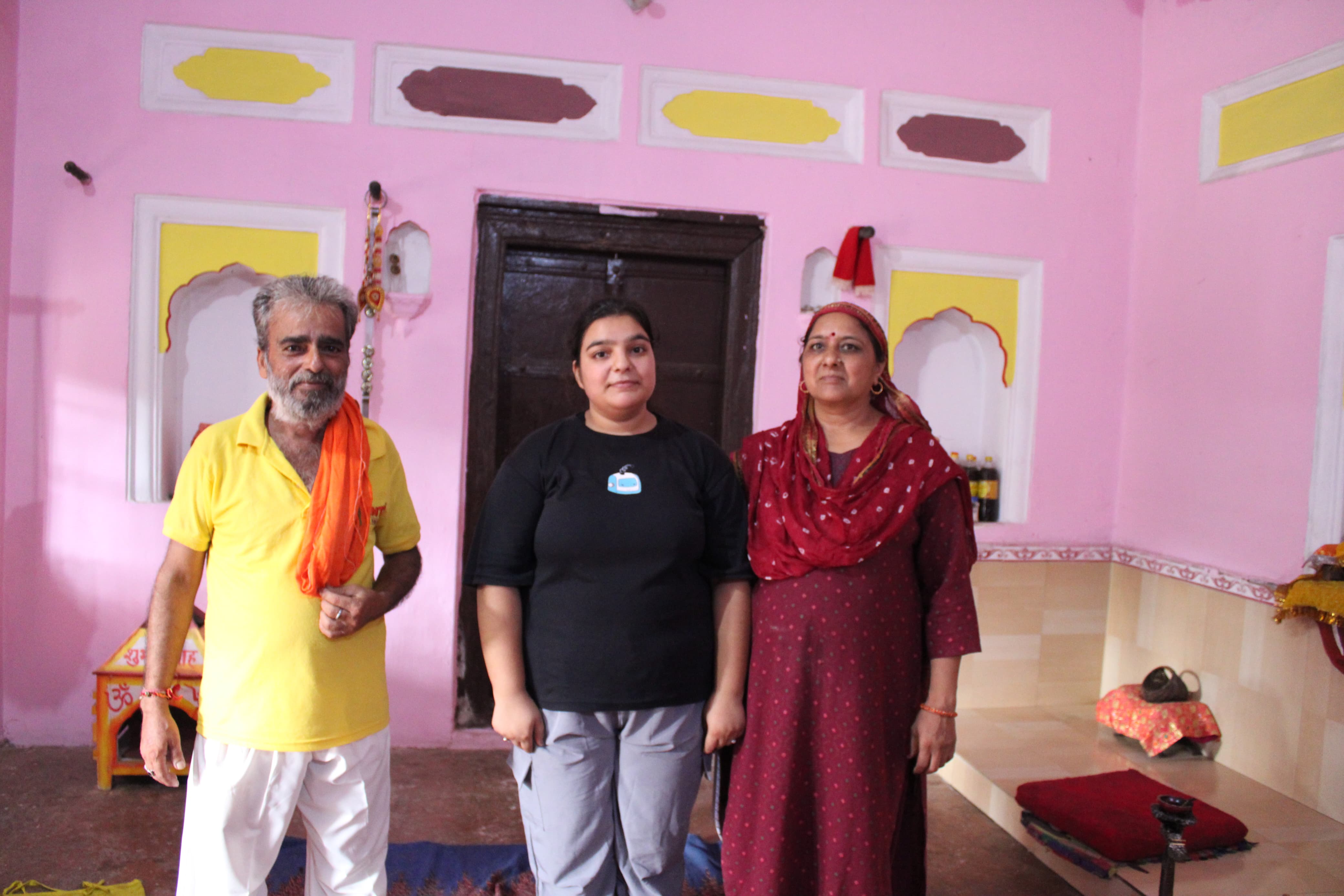
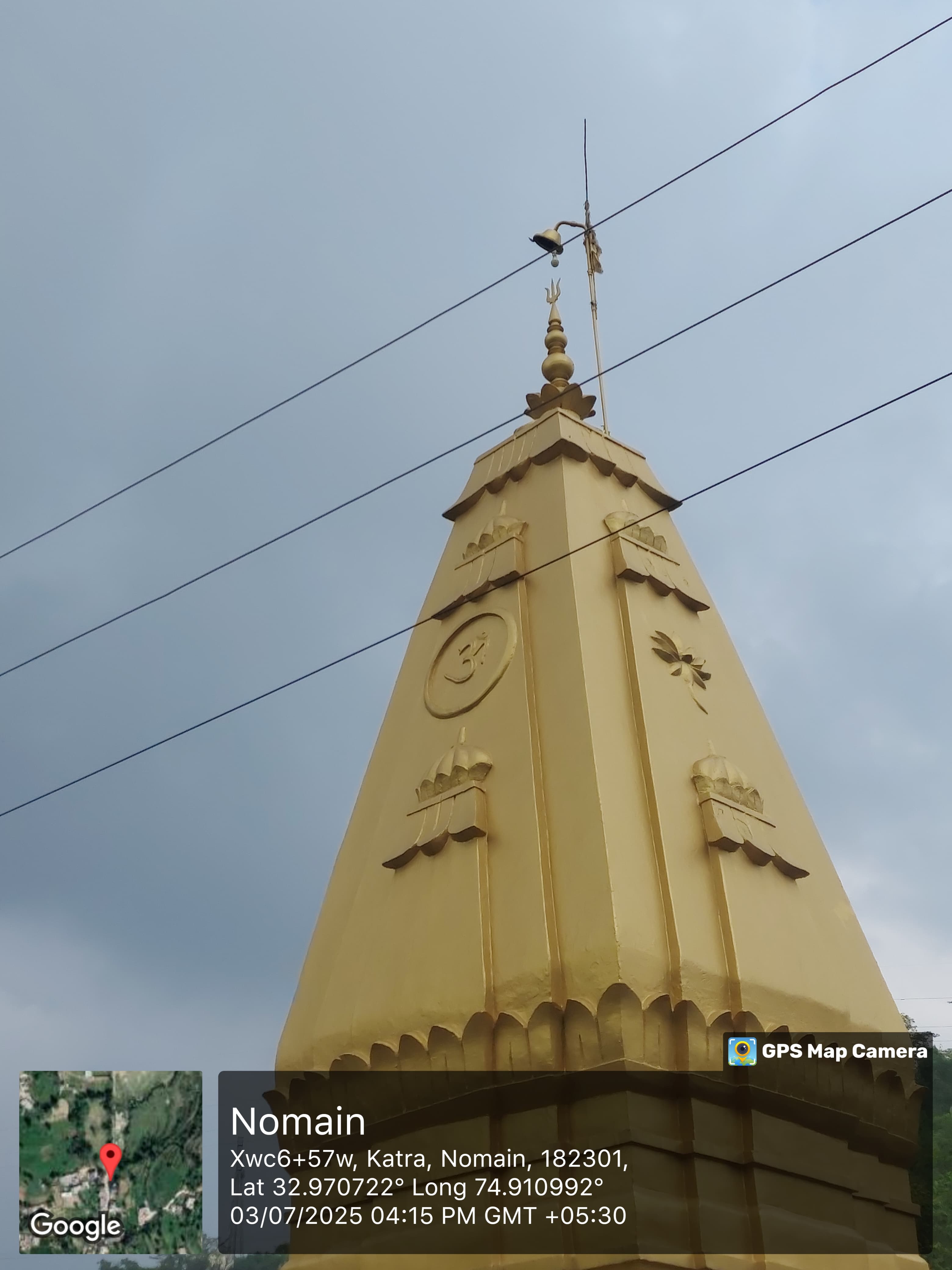
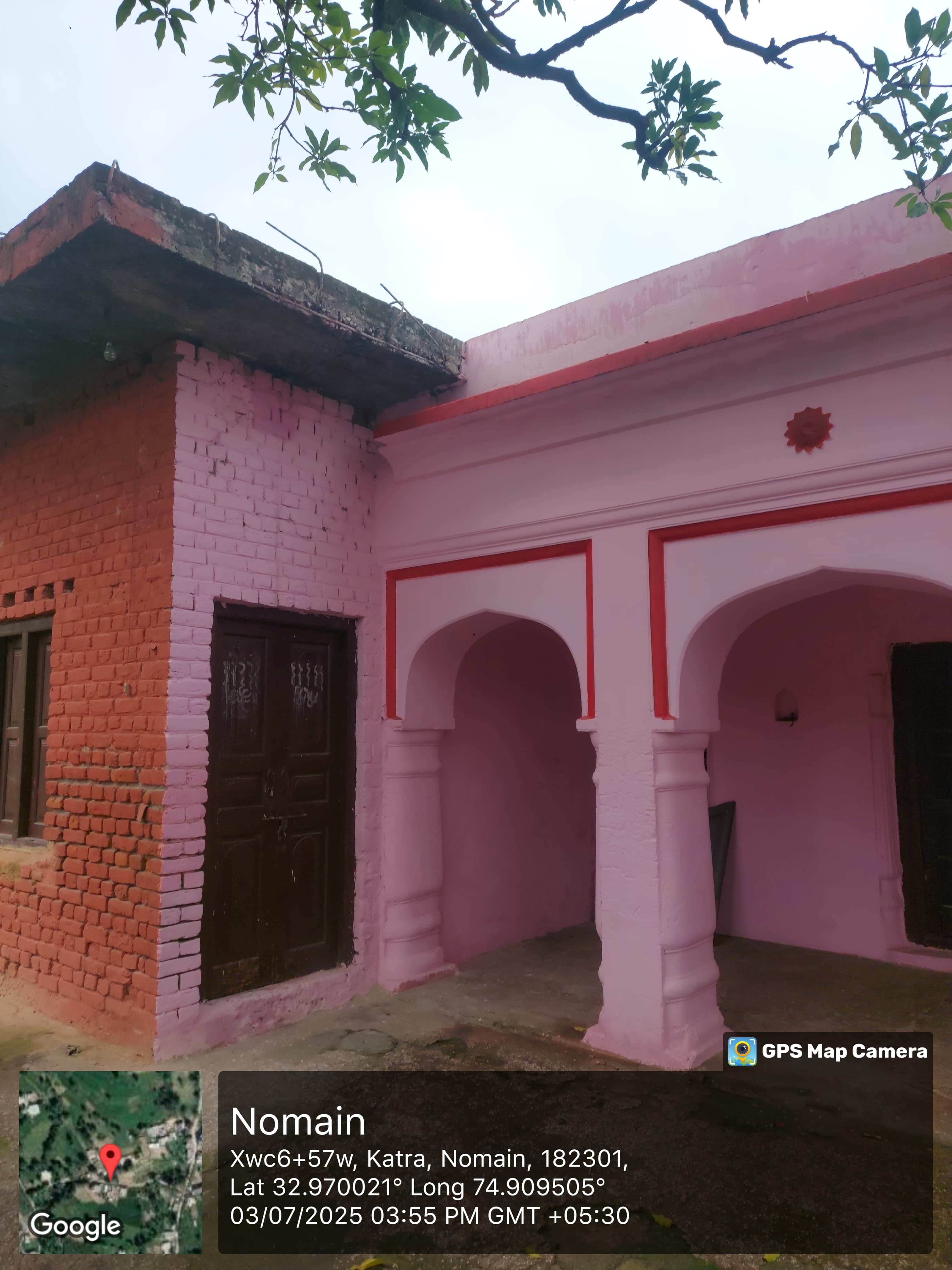
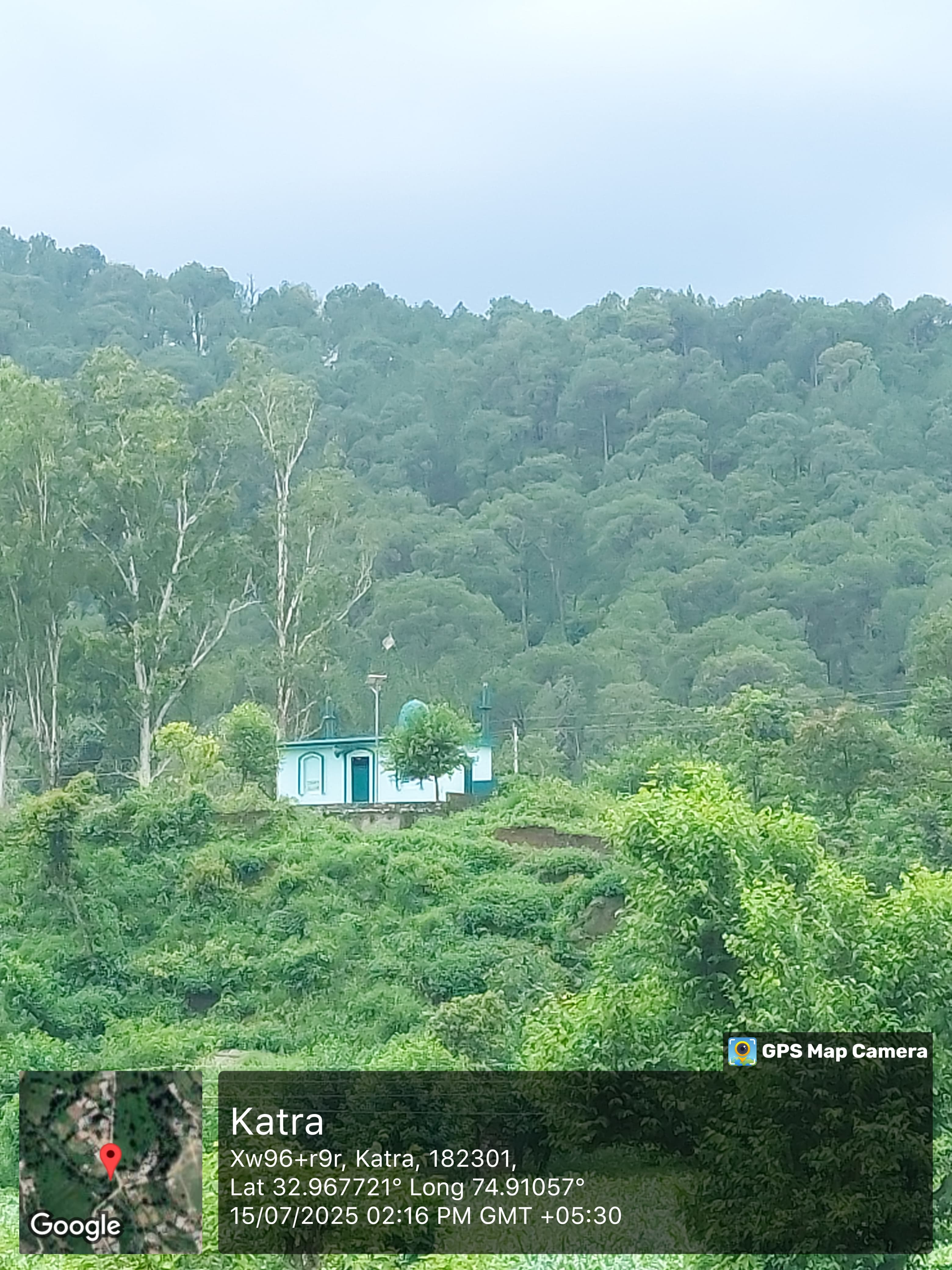
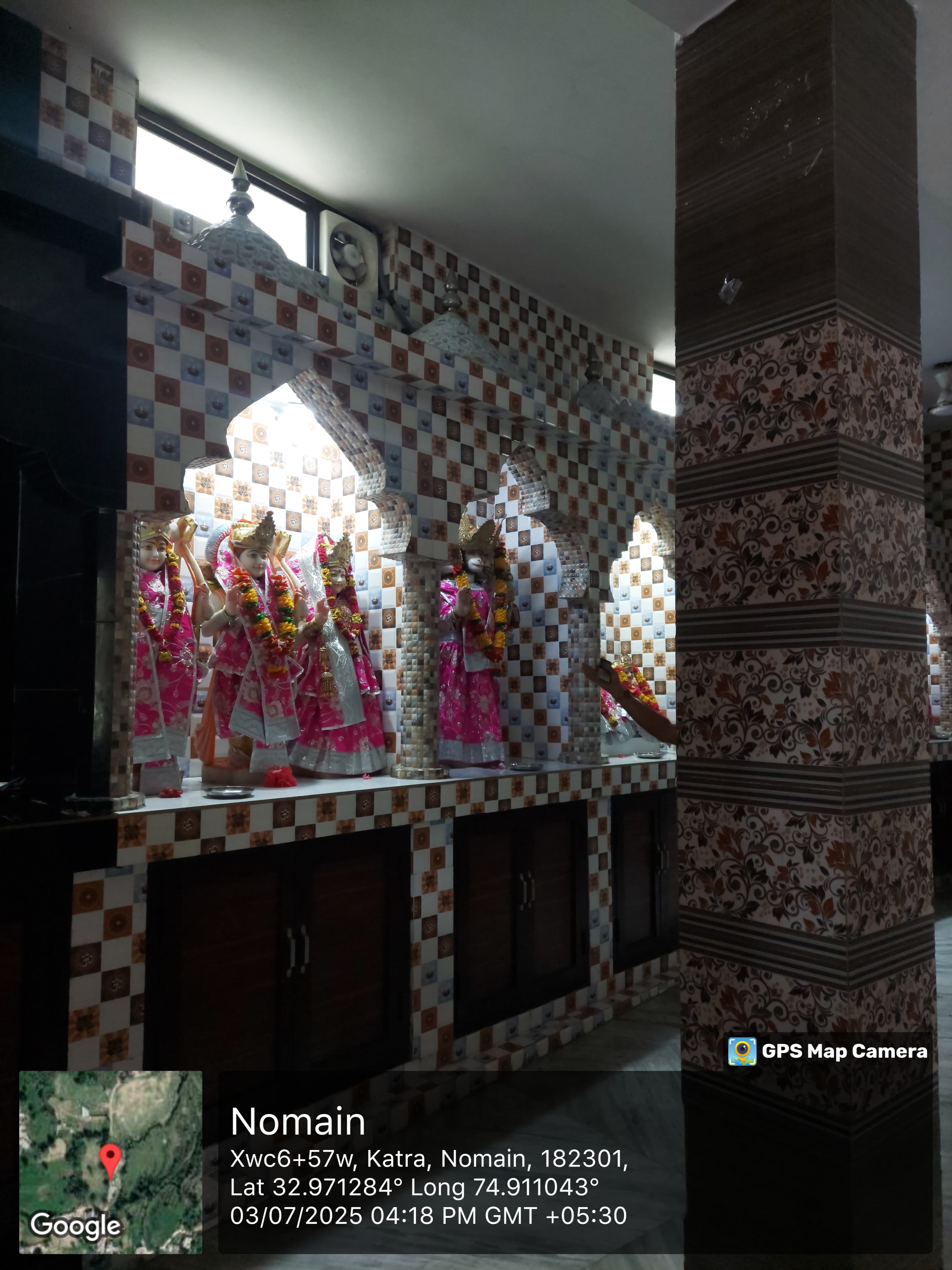
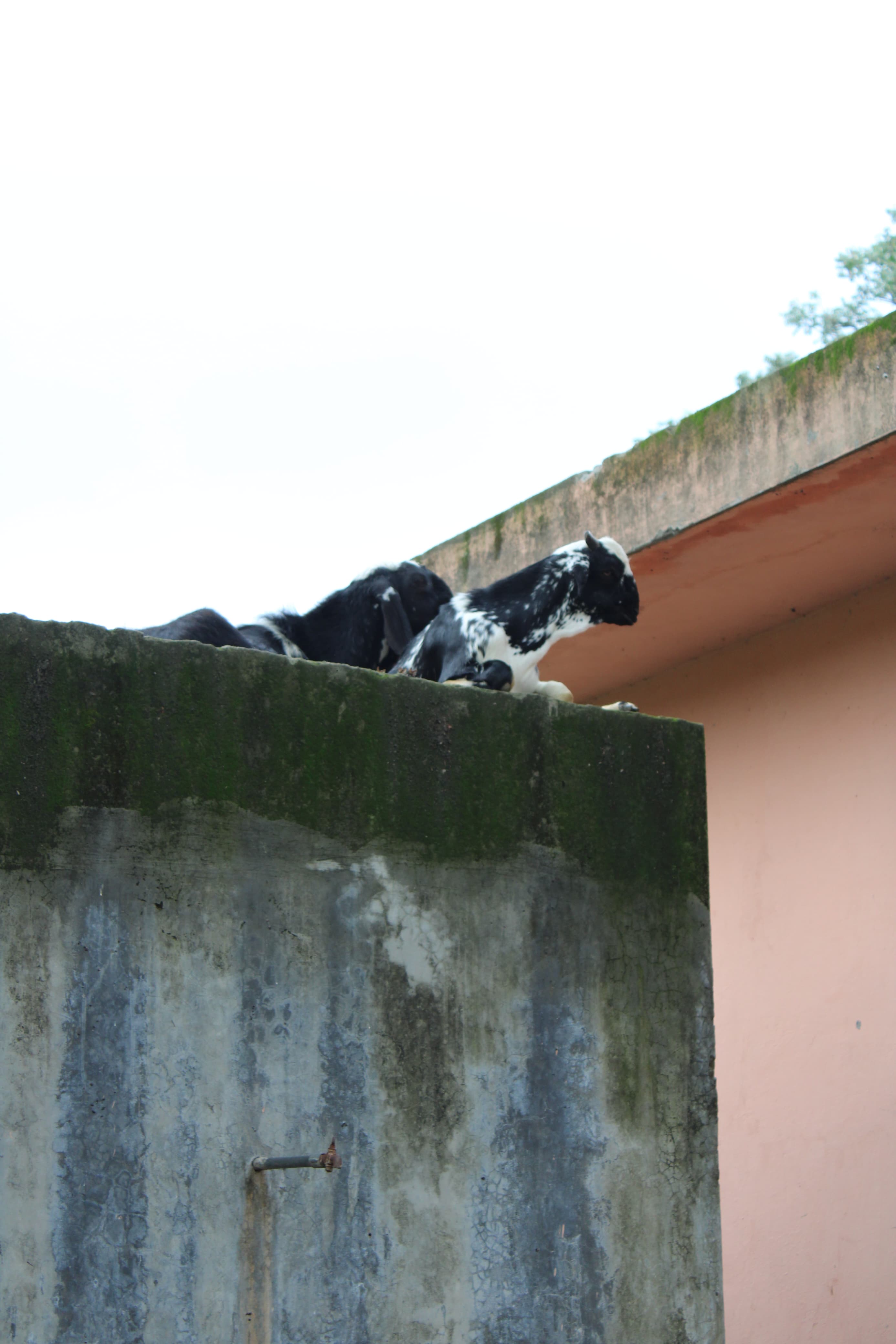
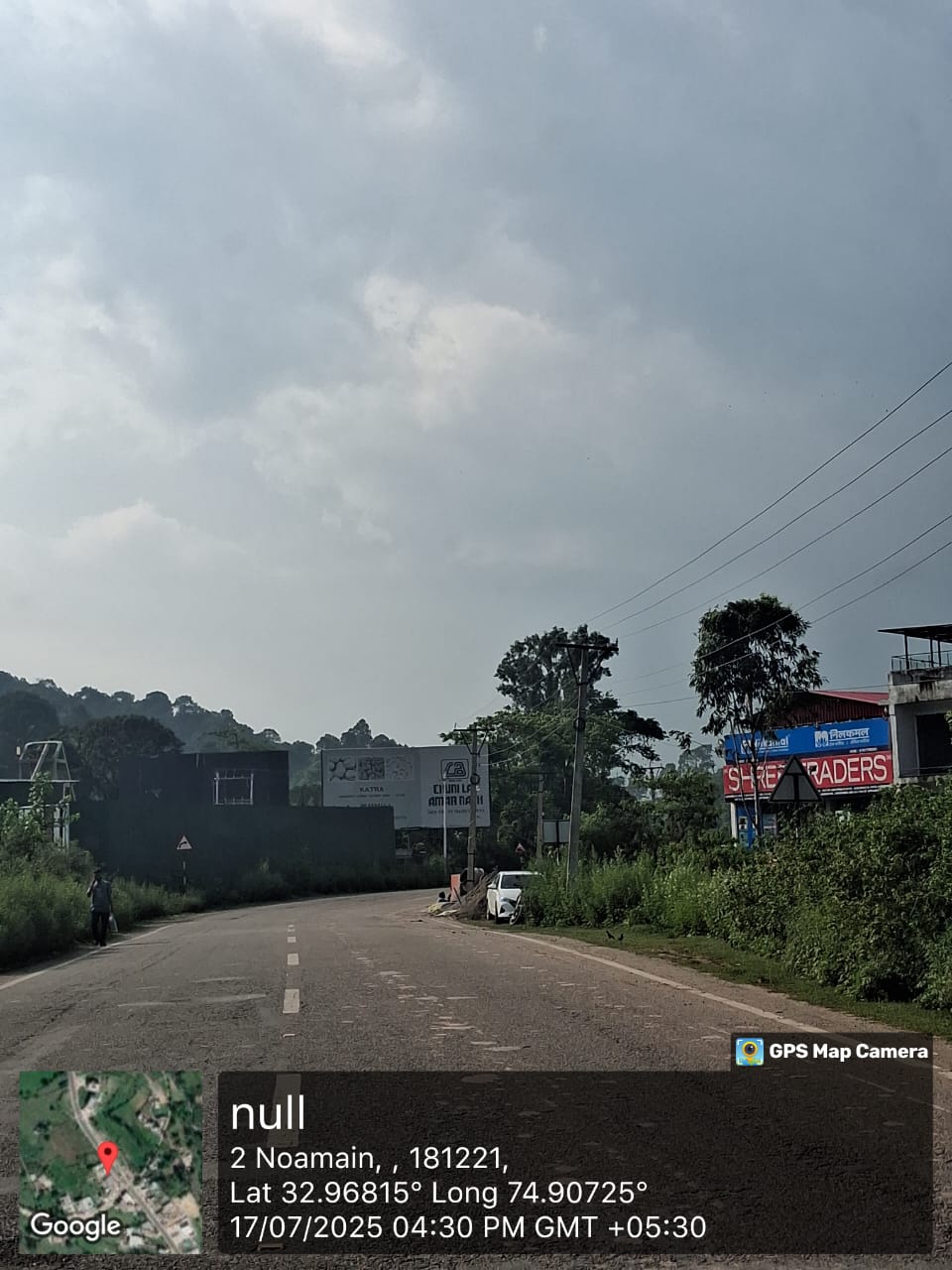
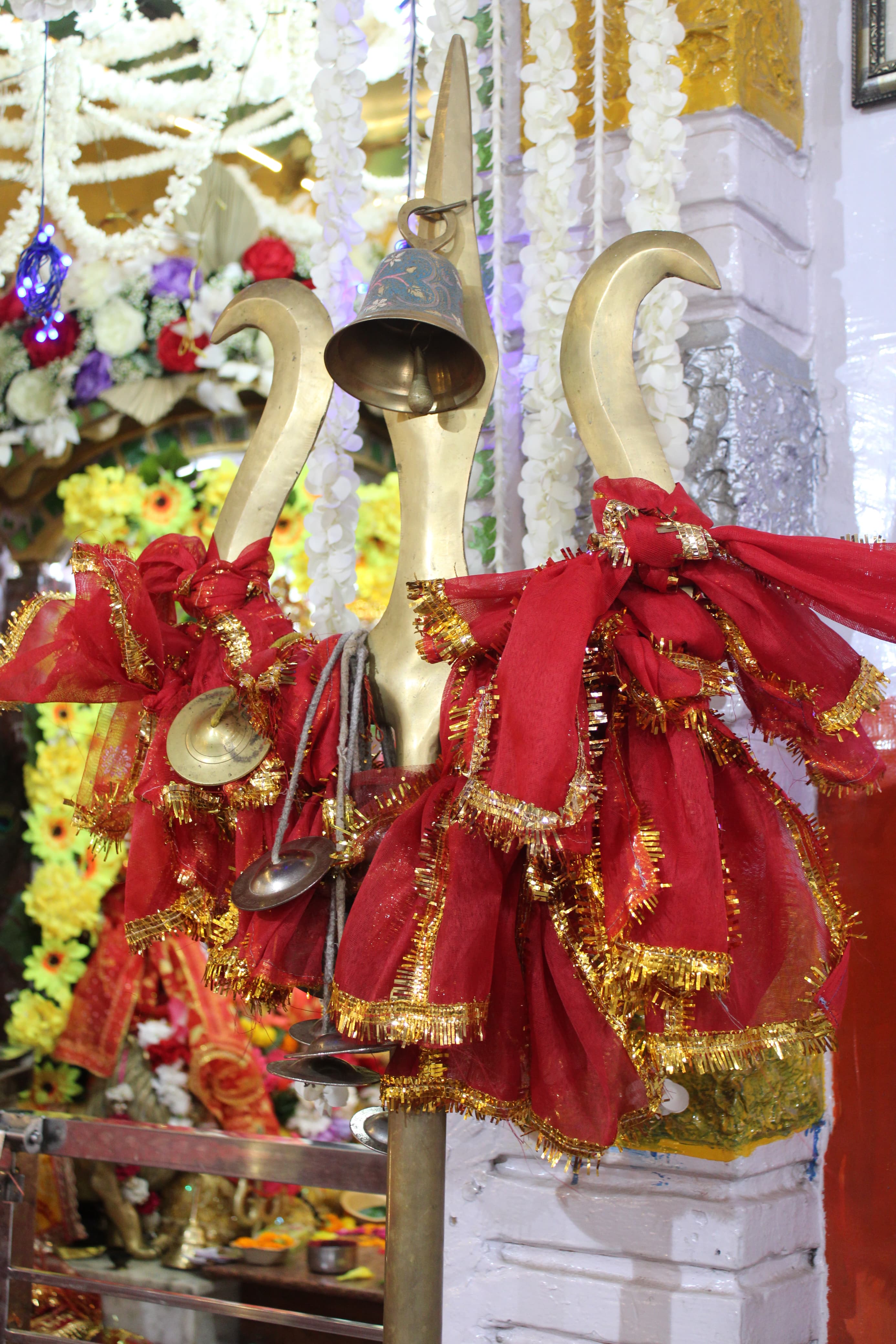
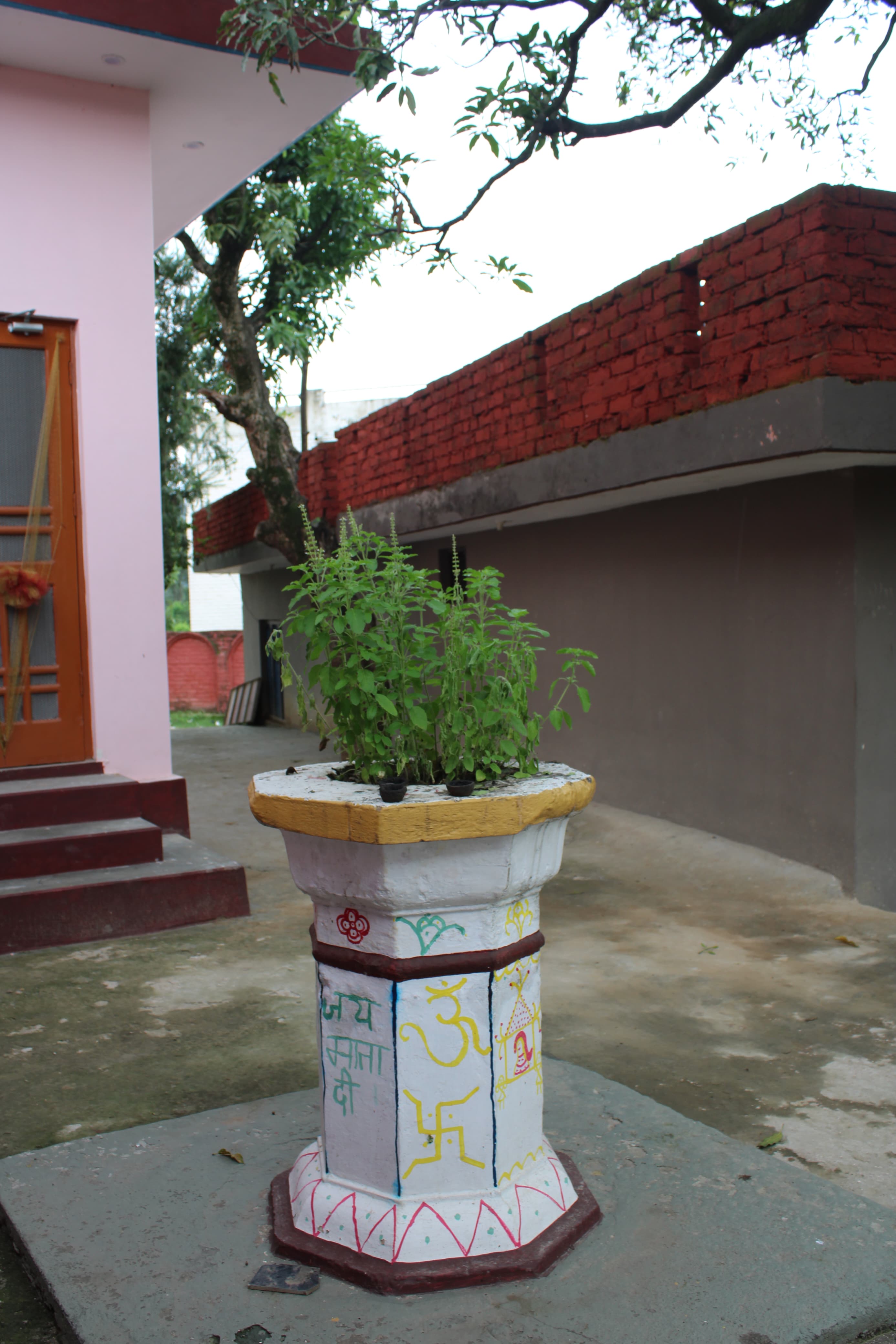
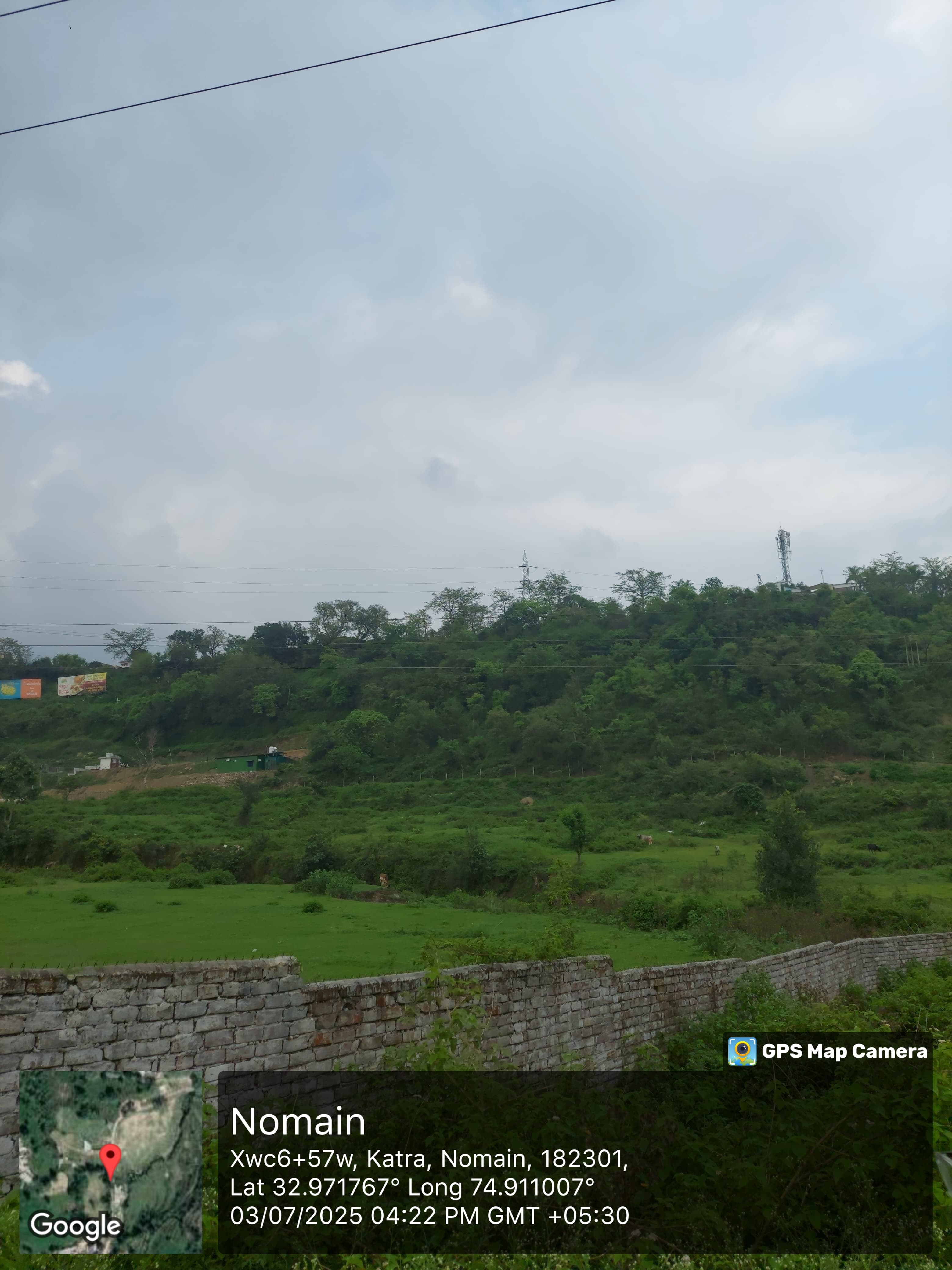
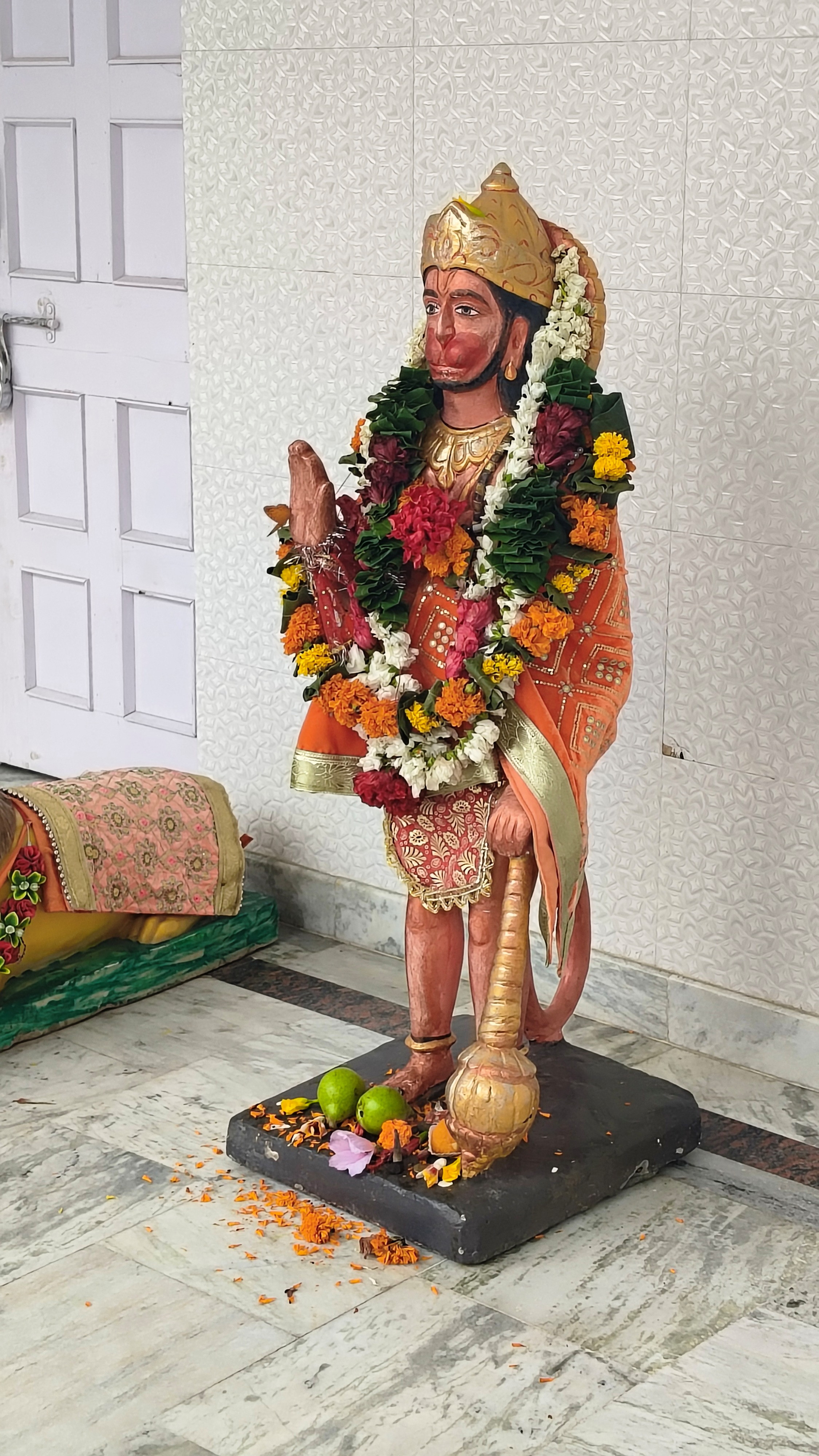
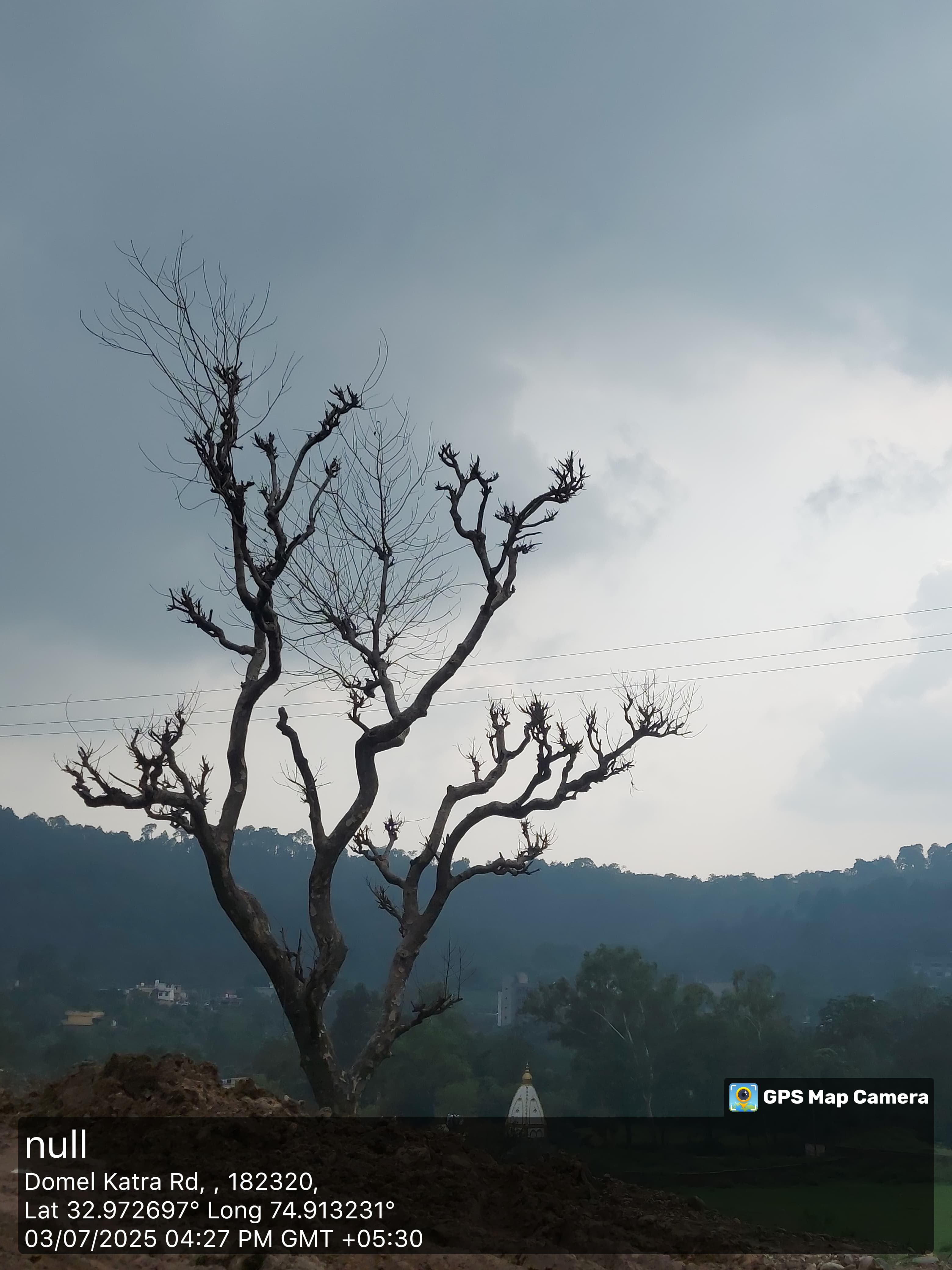
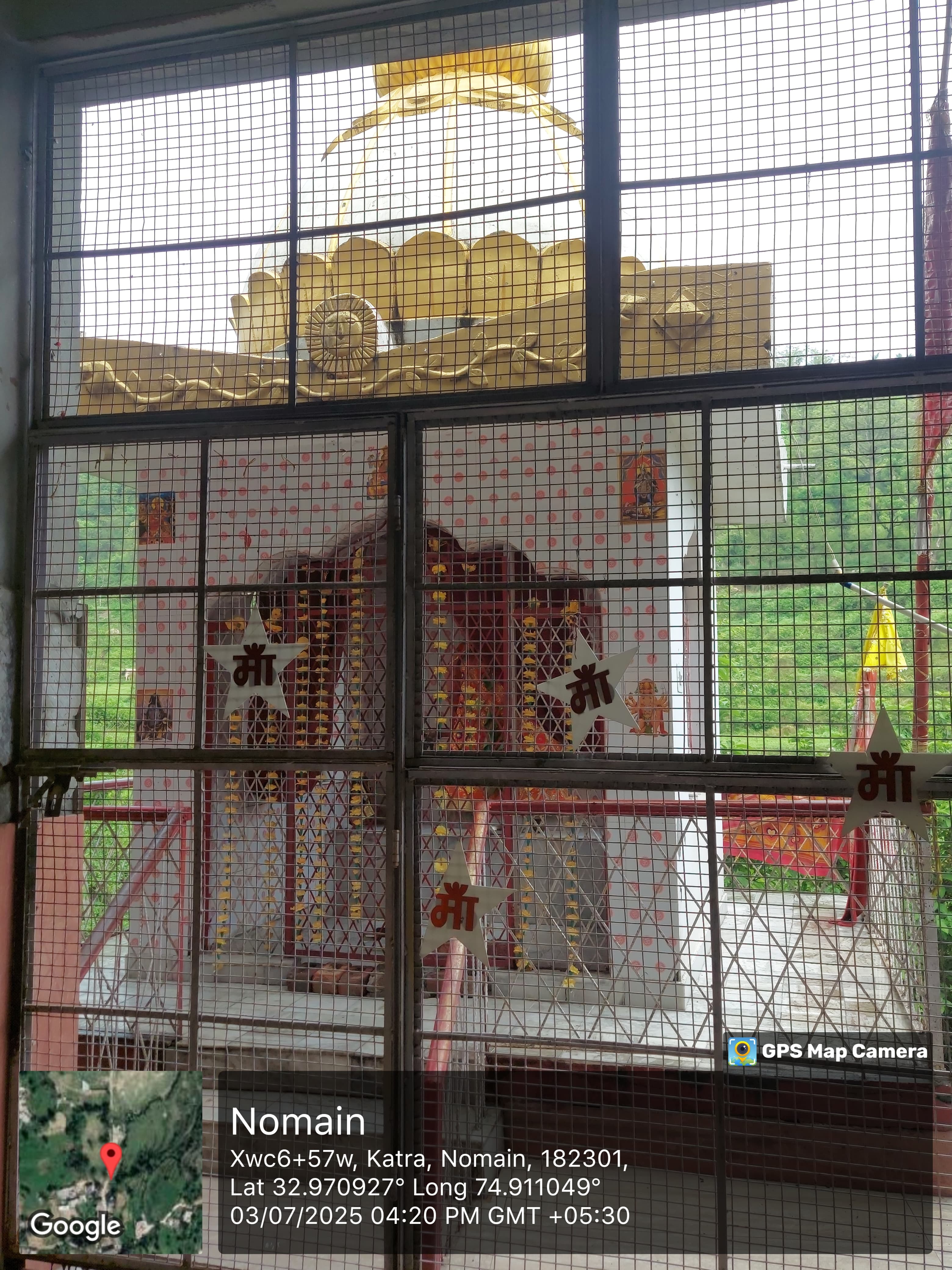
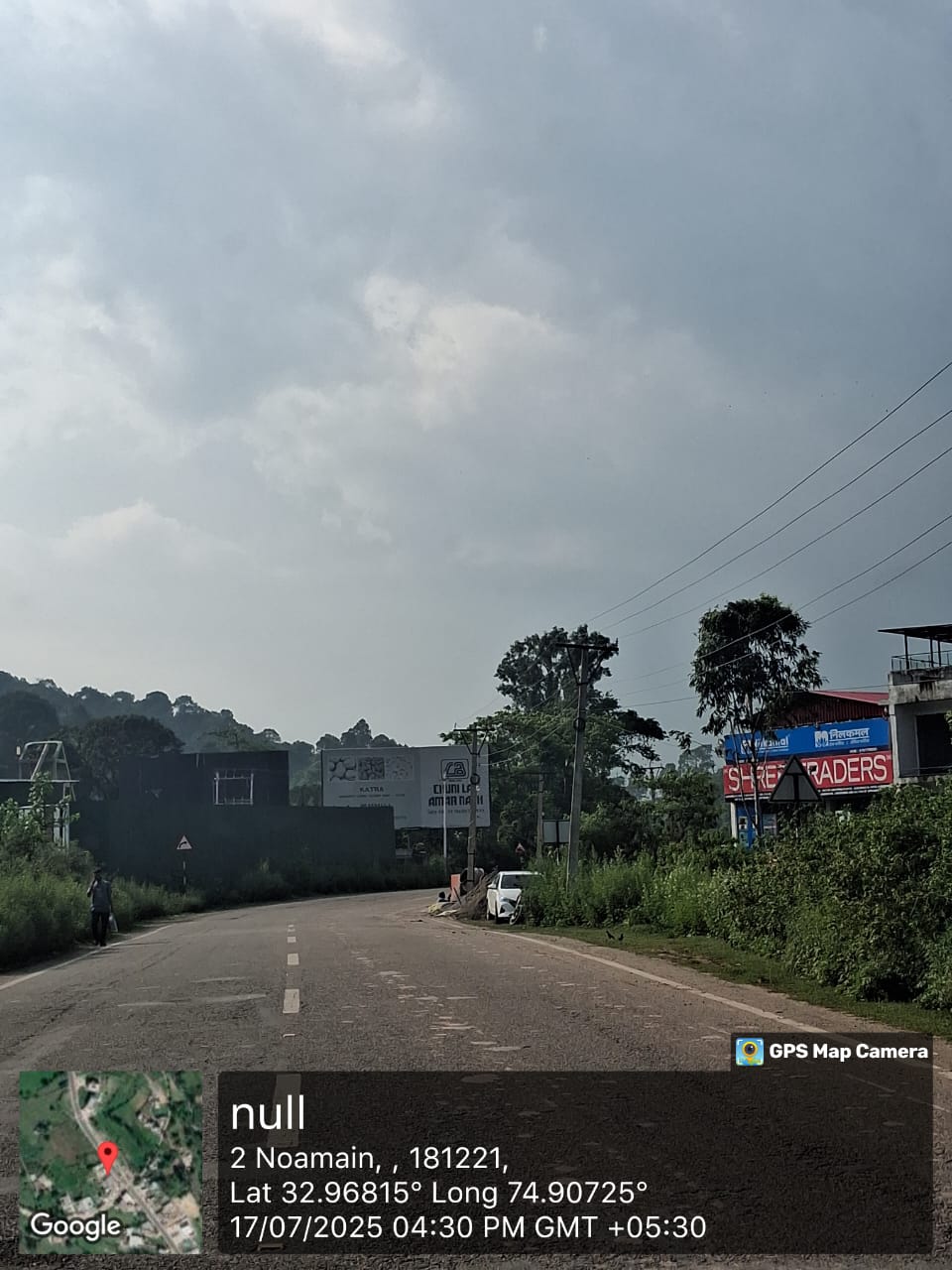












Great place, welcoming people, such warmth and beauty in nature's lap. Had a great time!